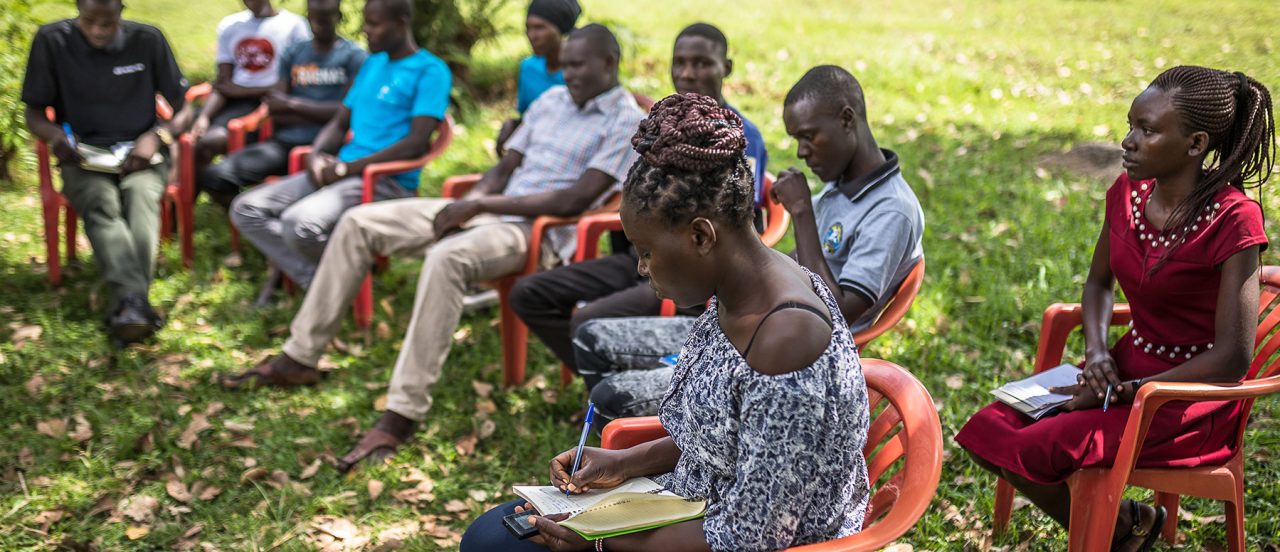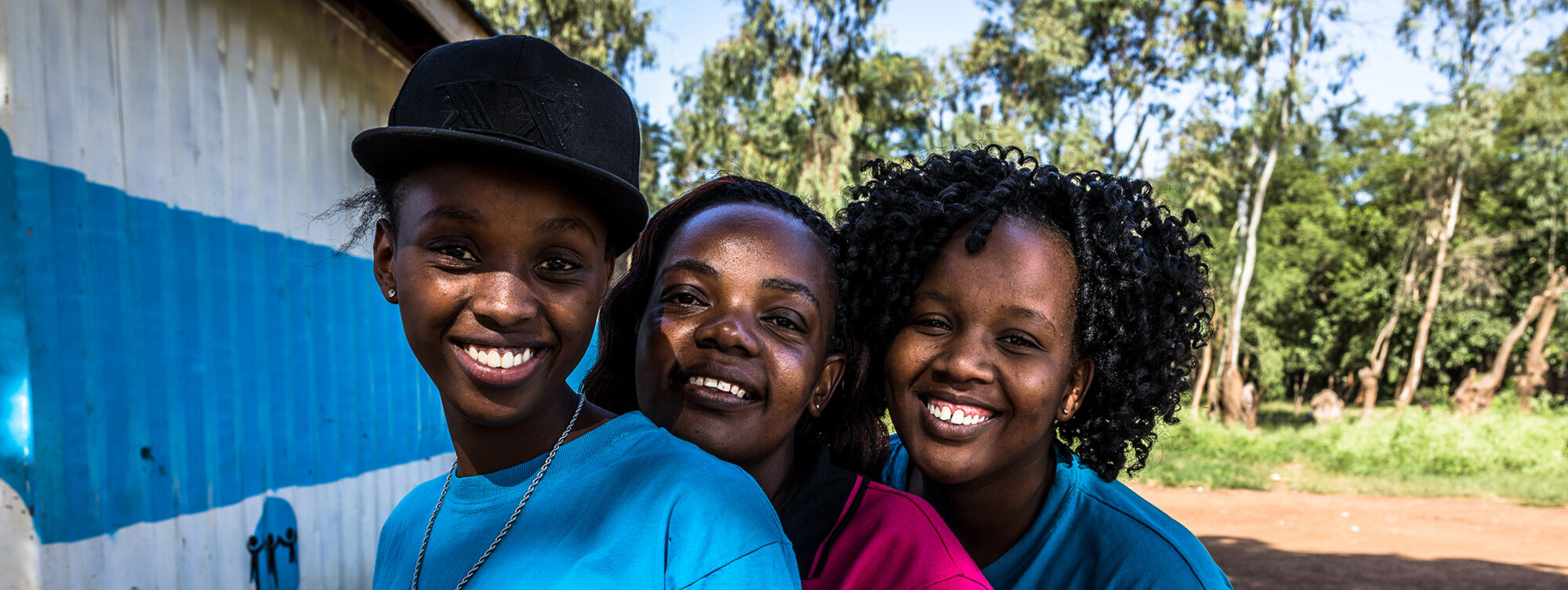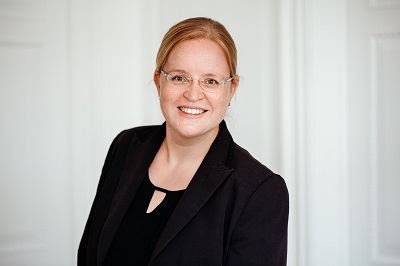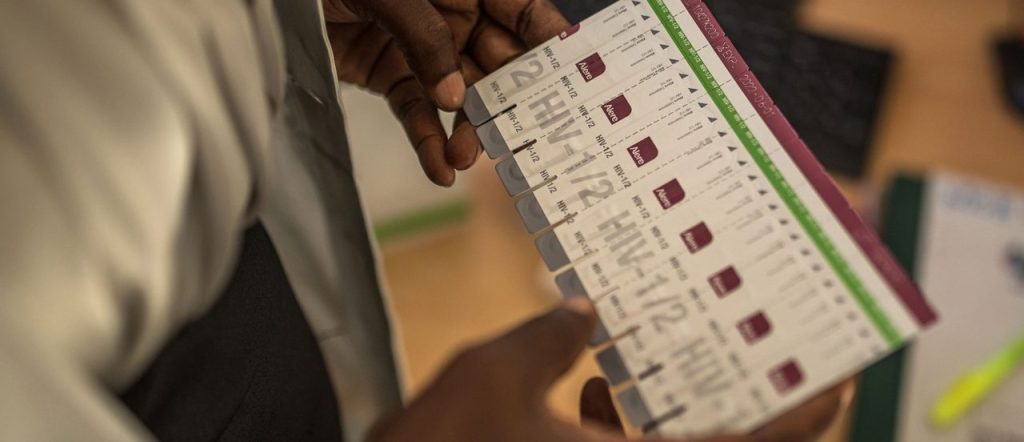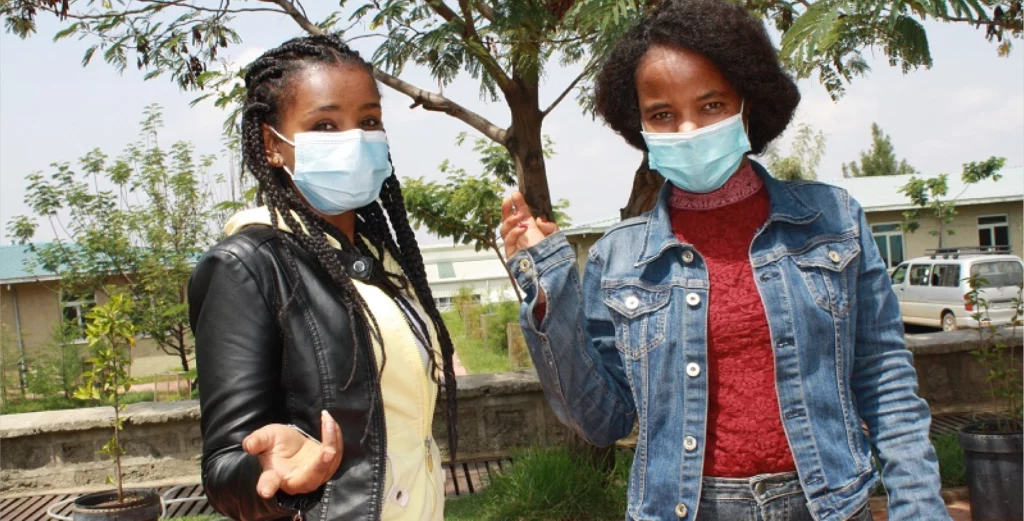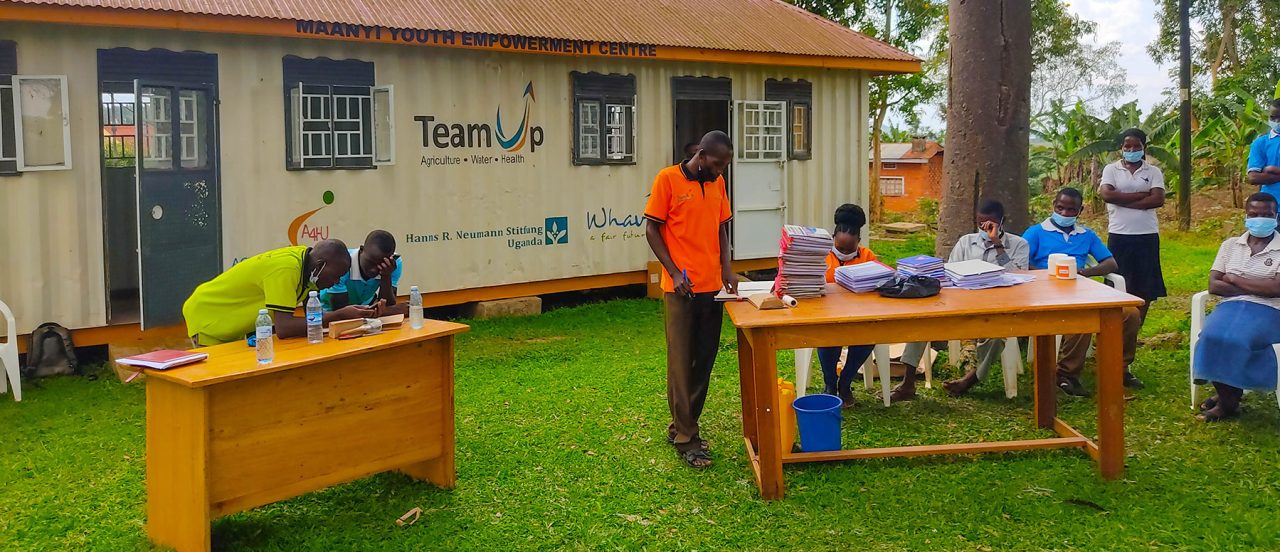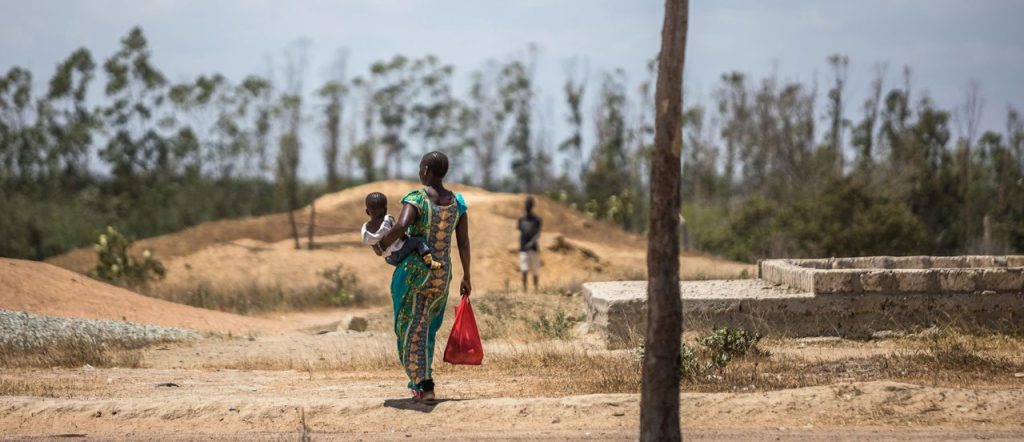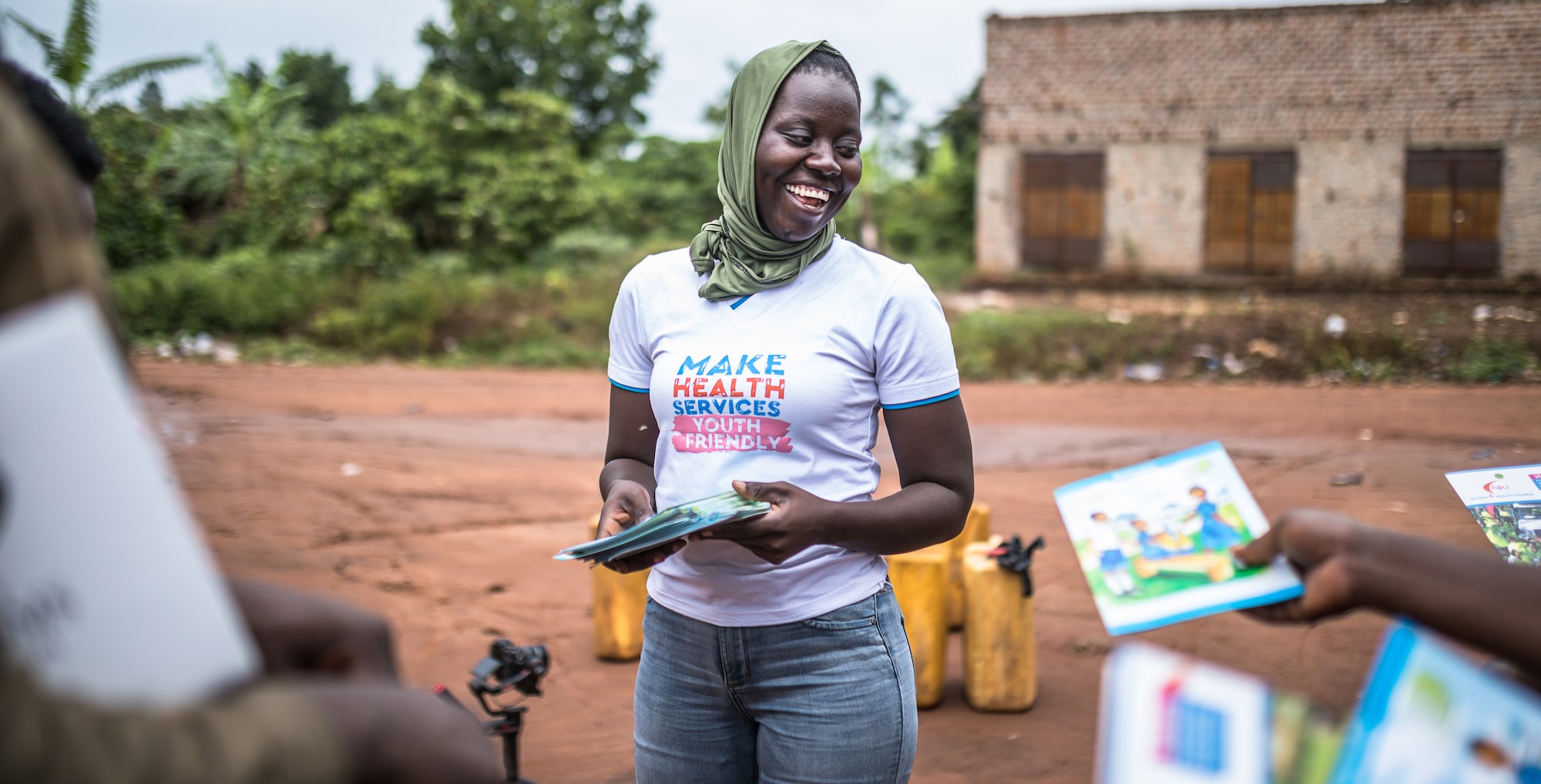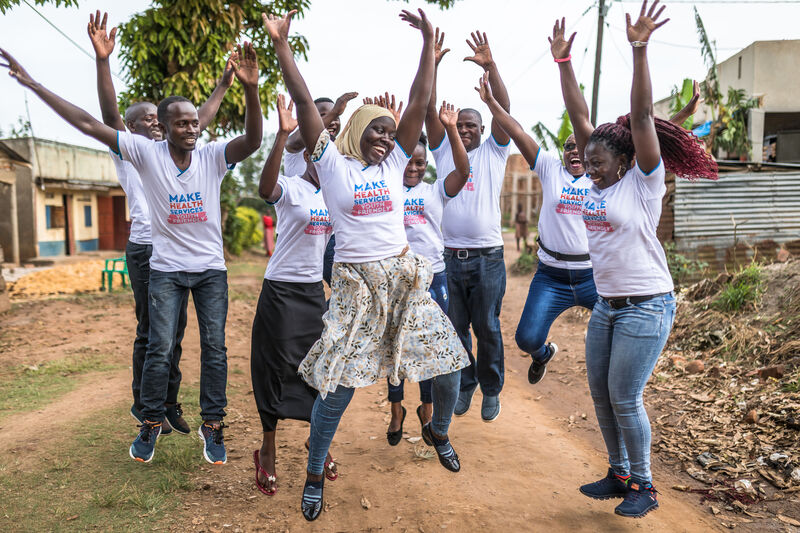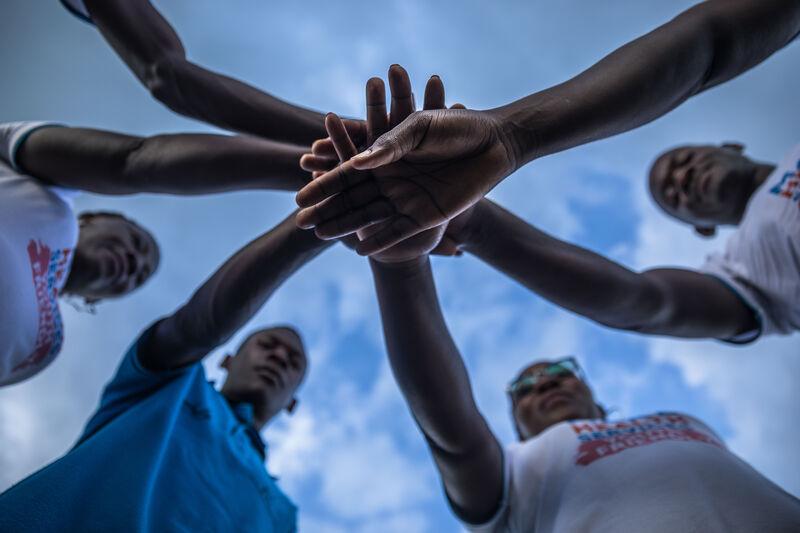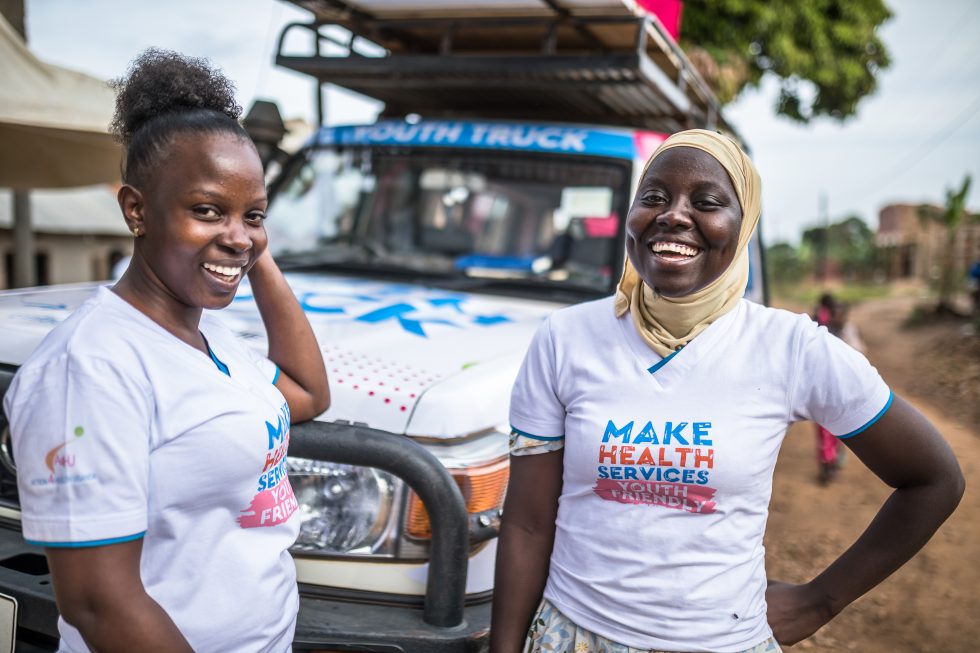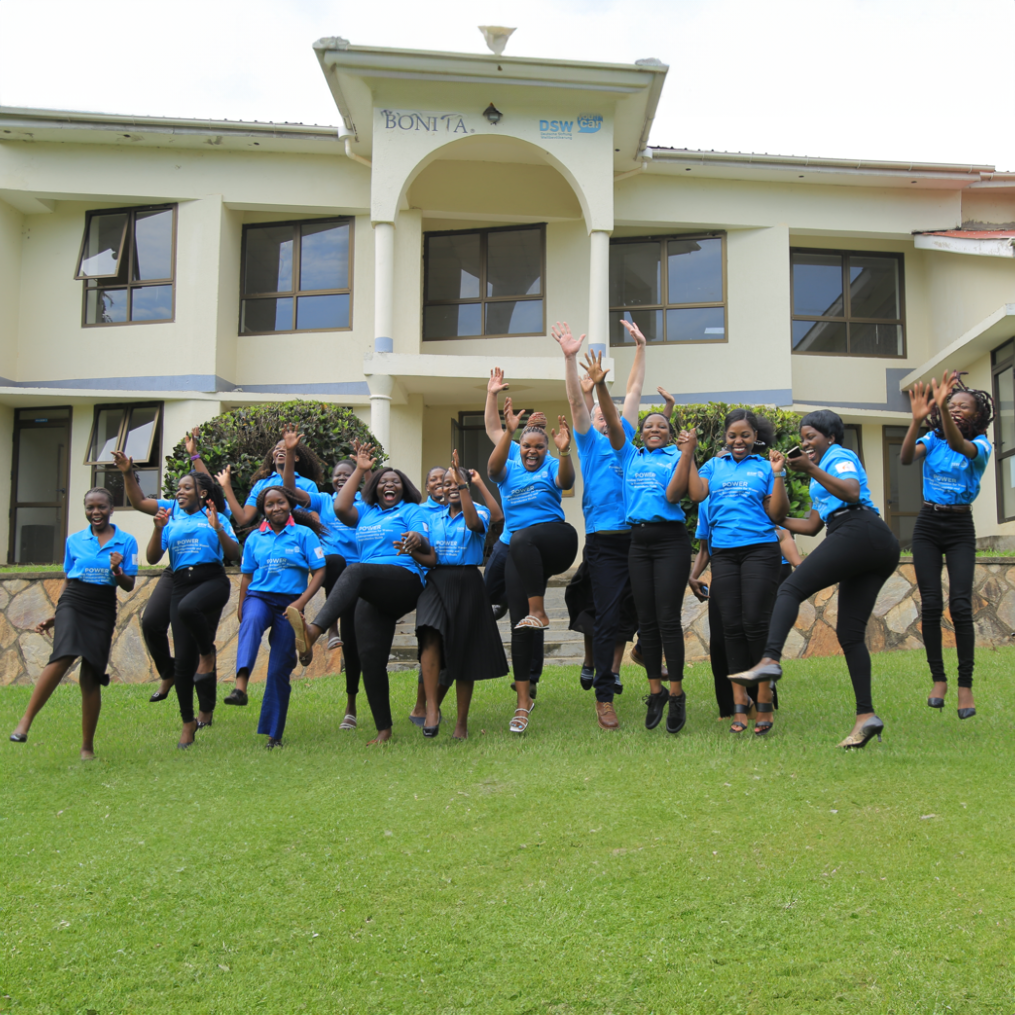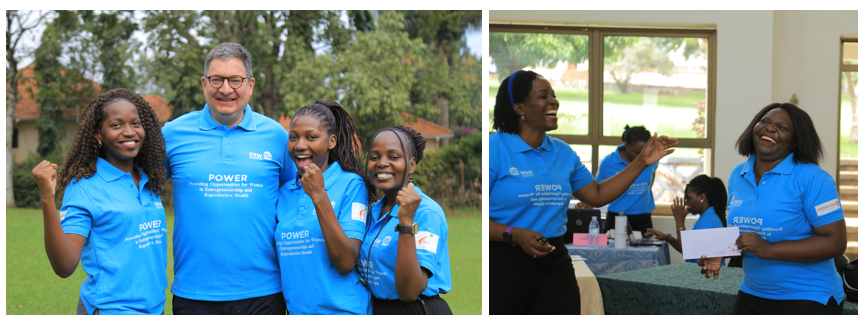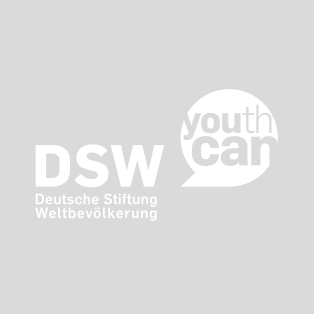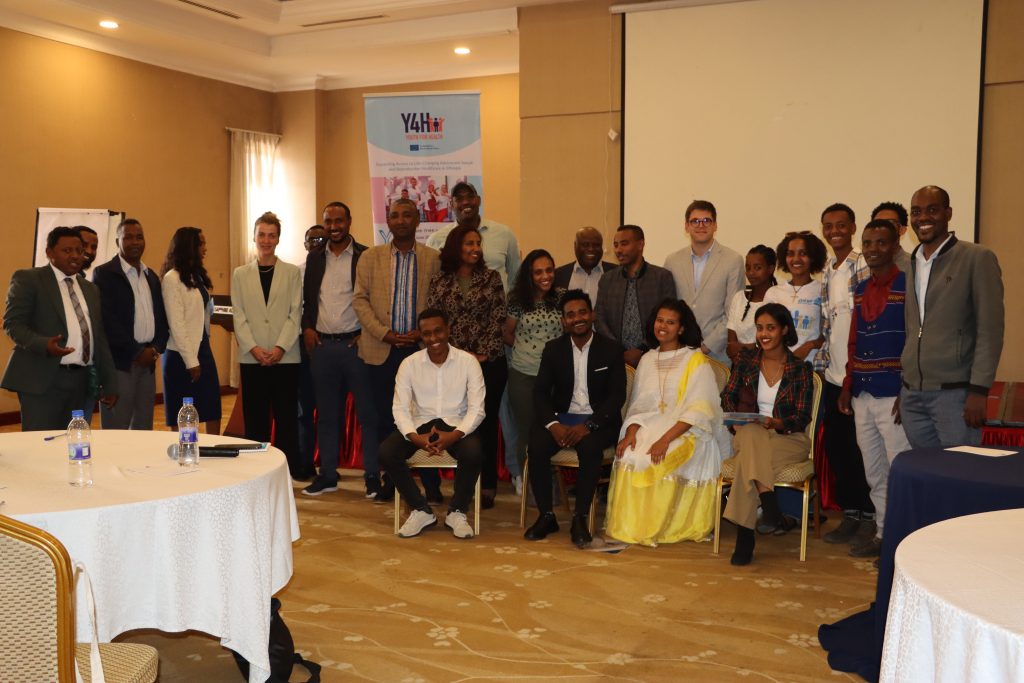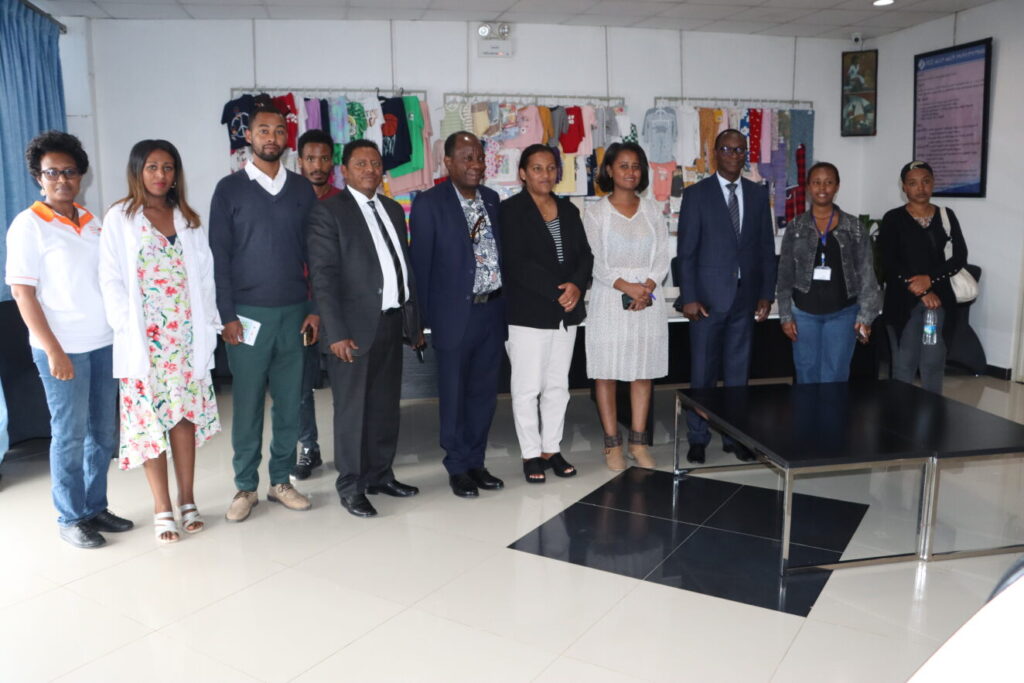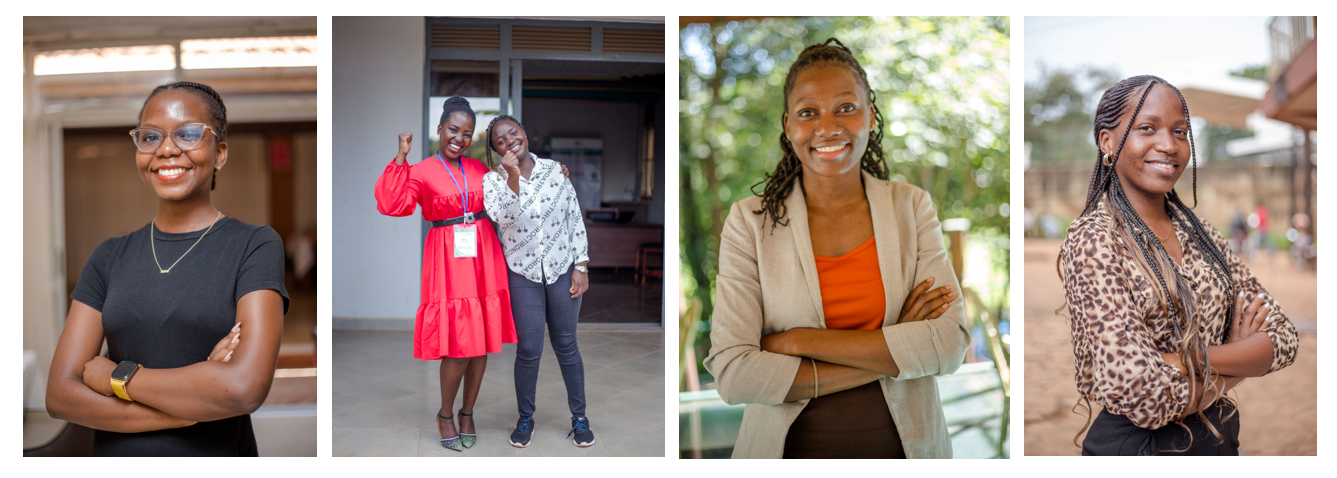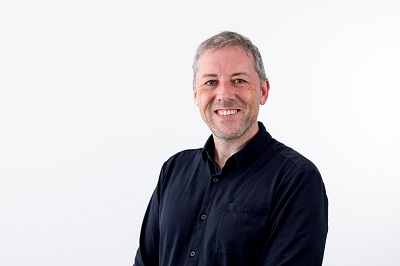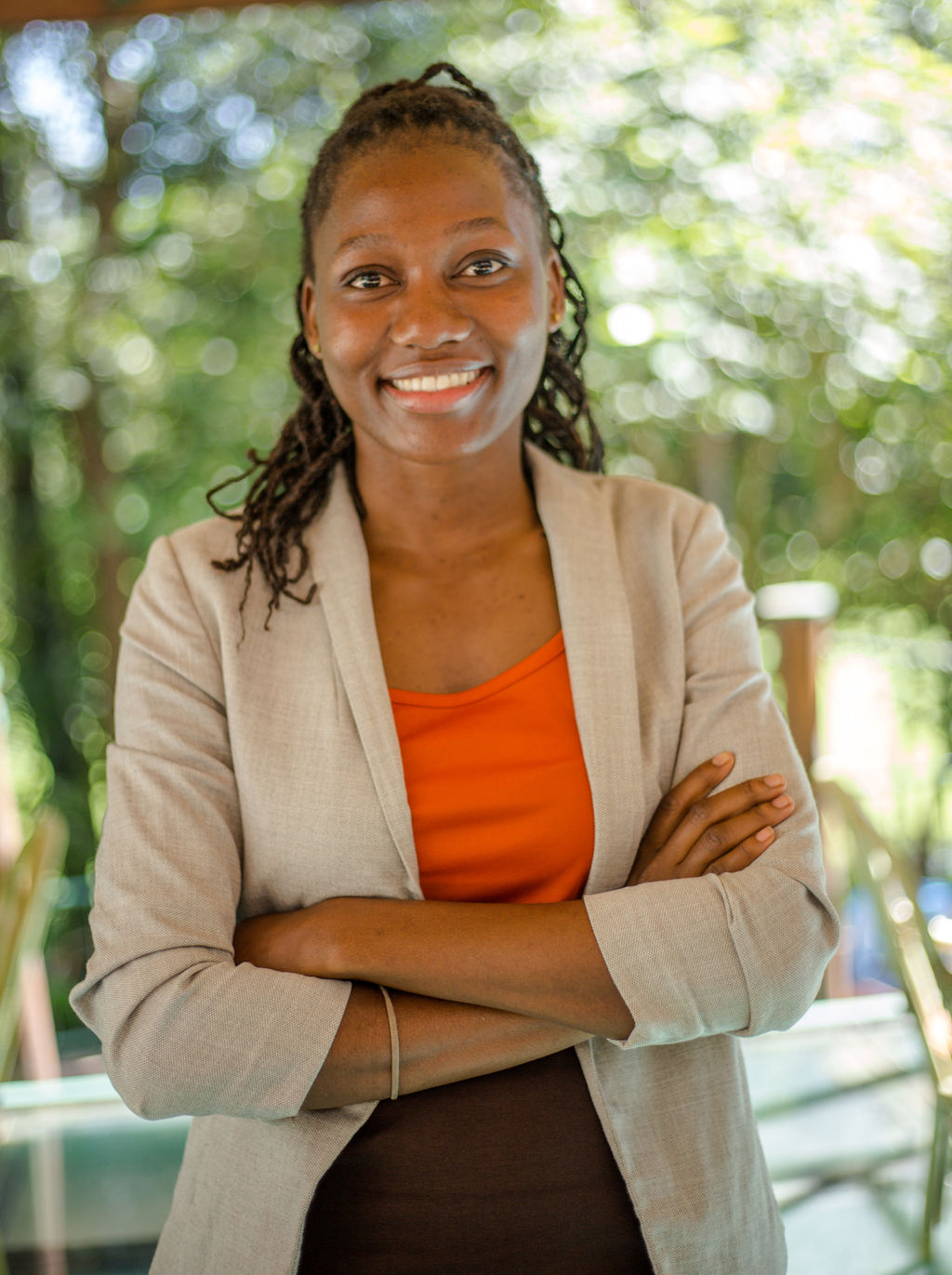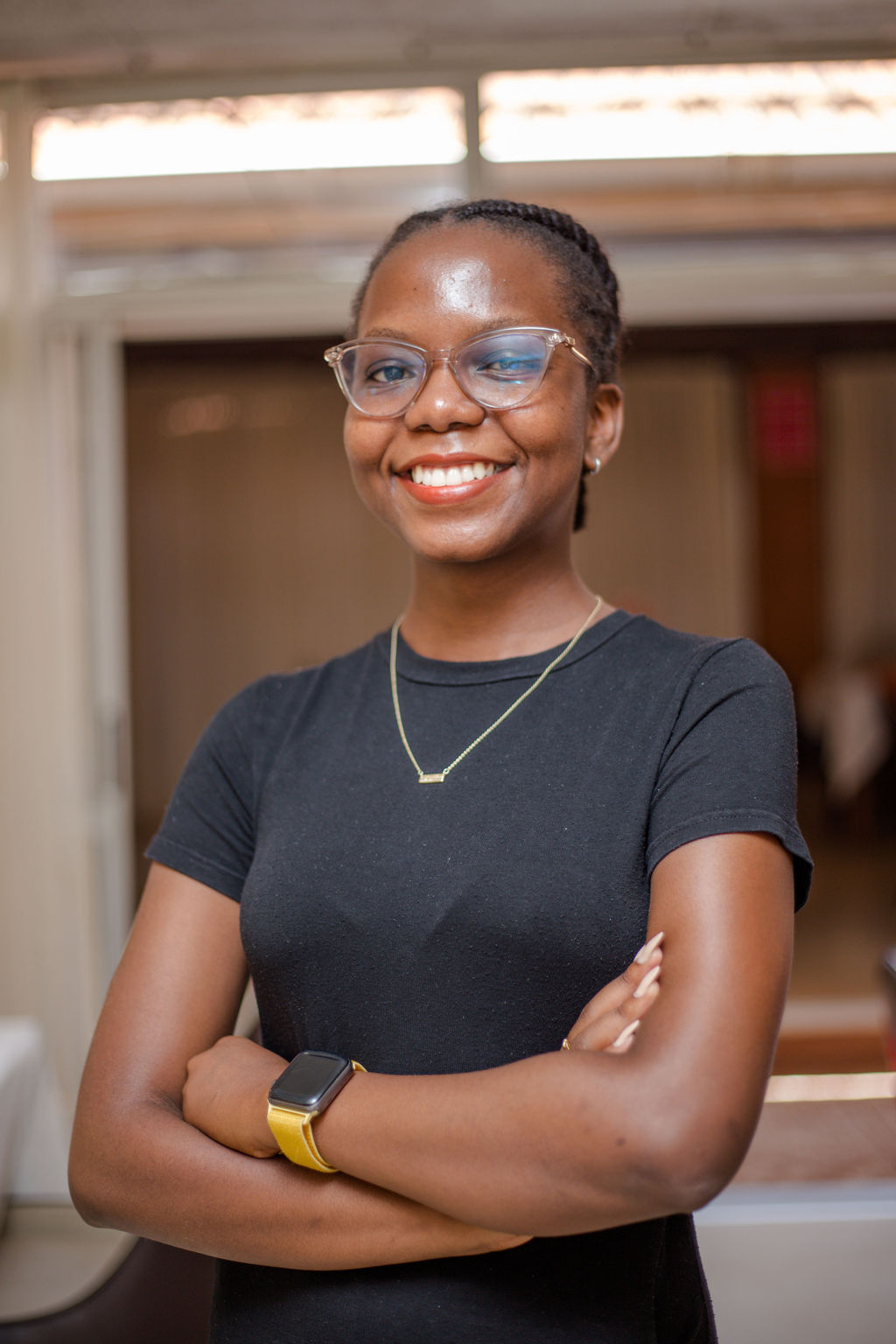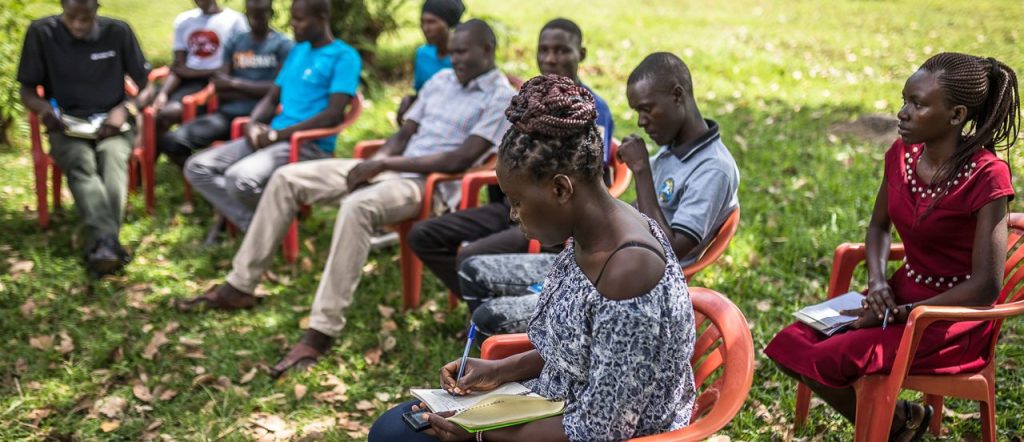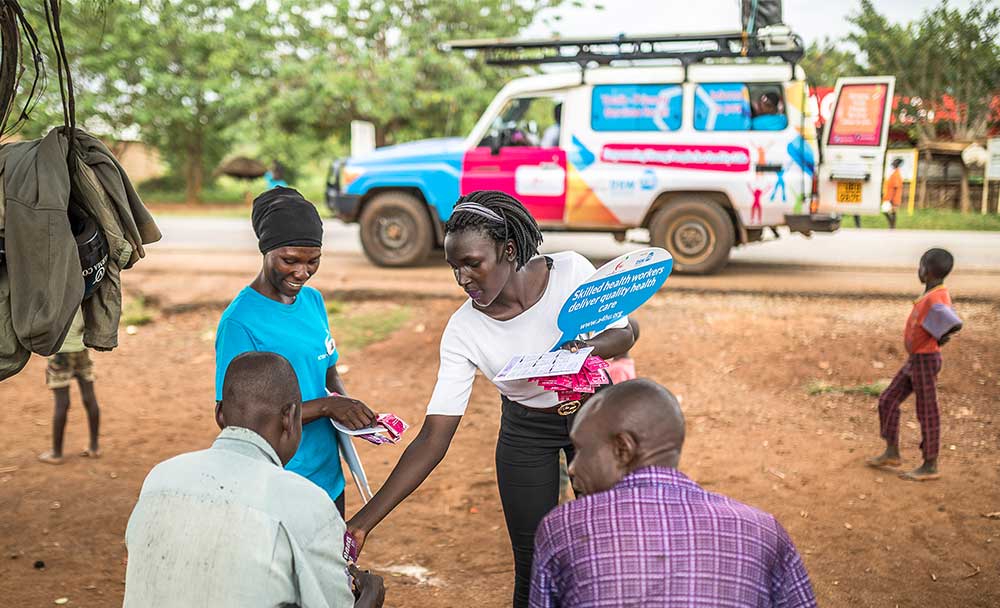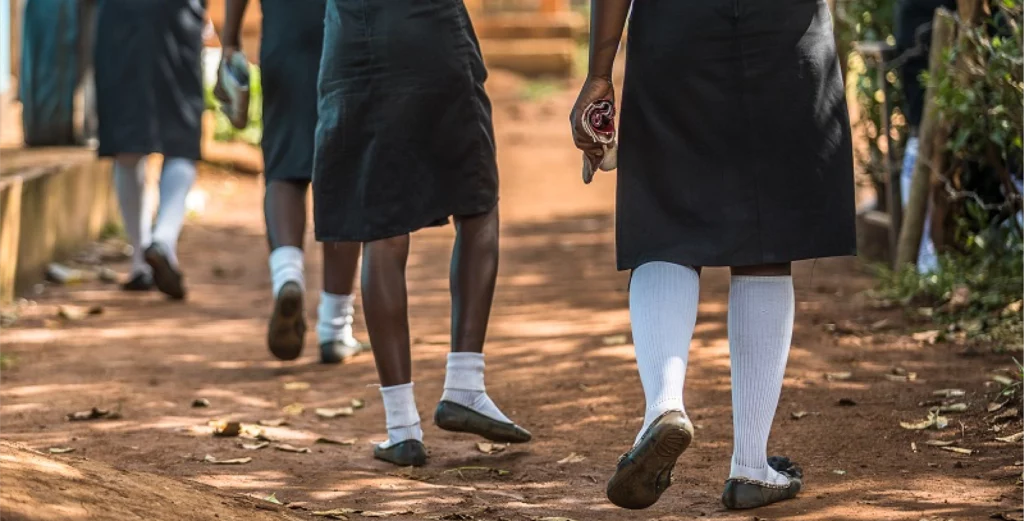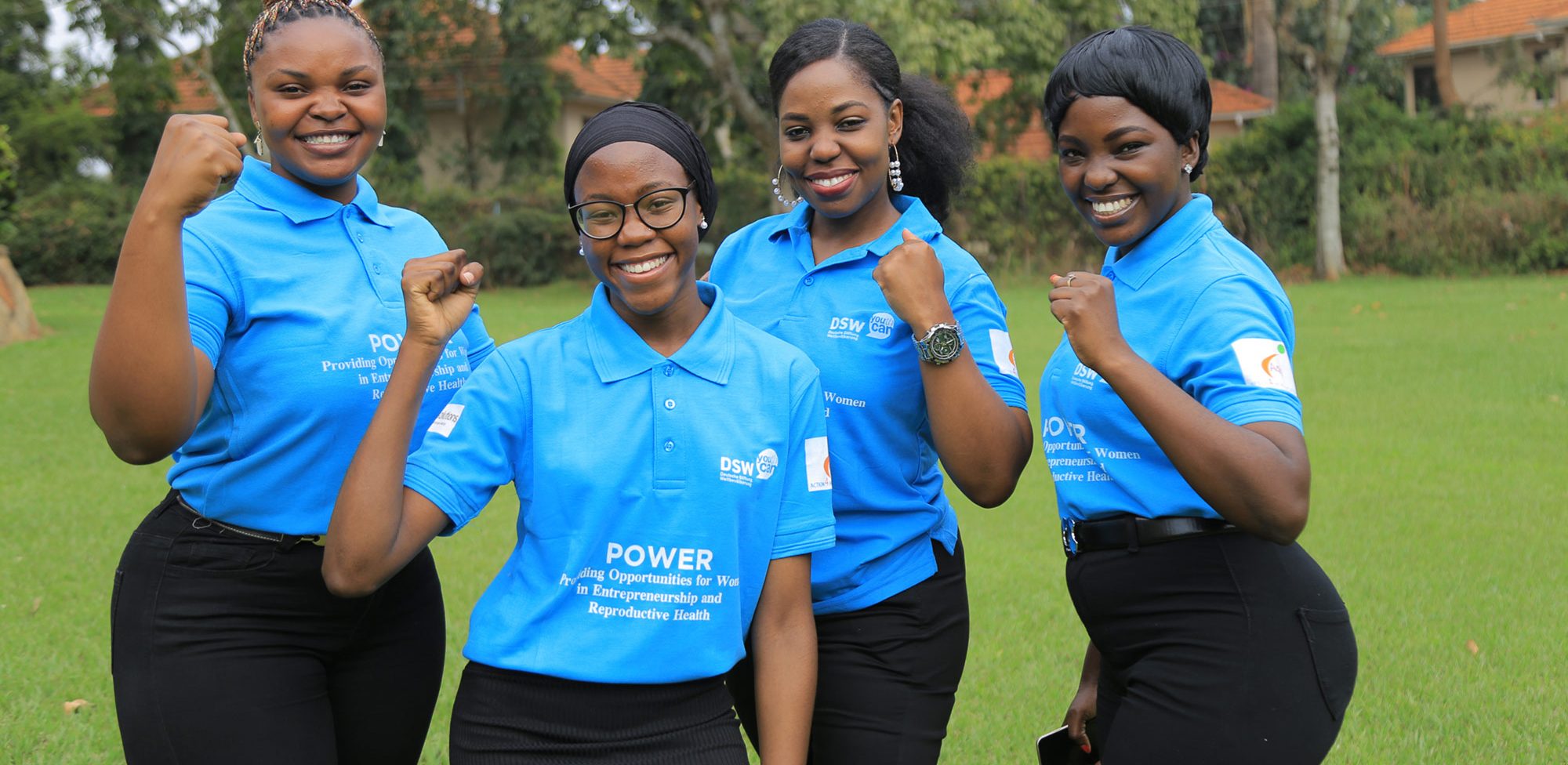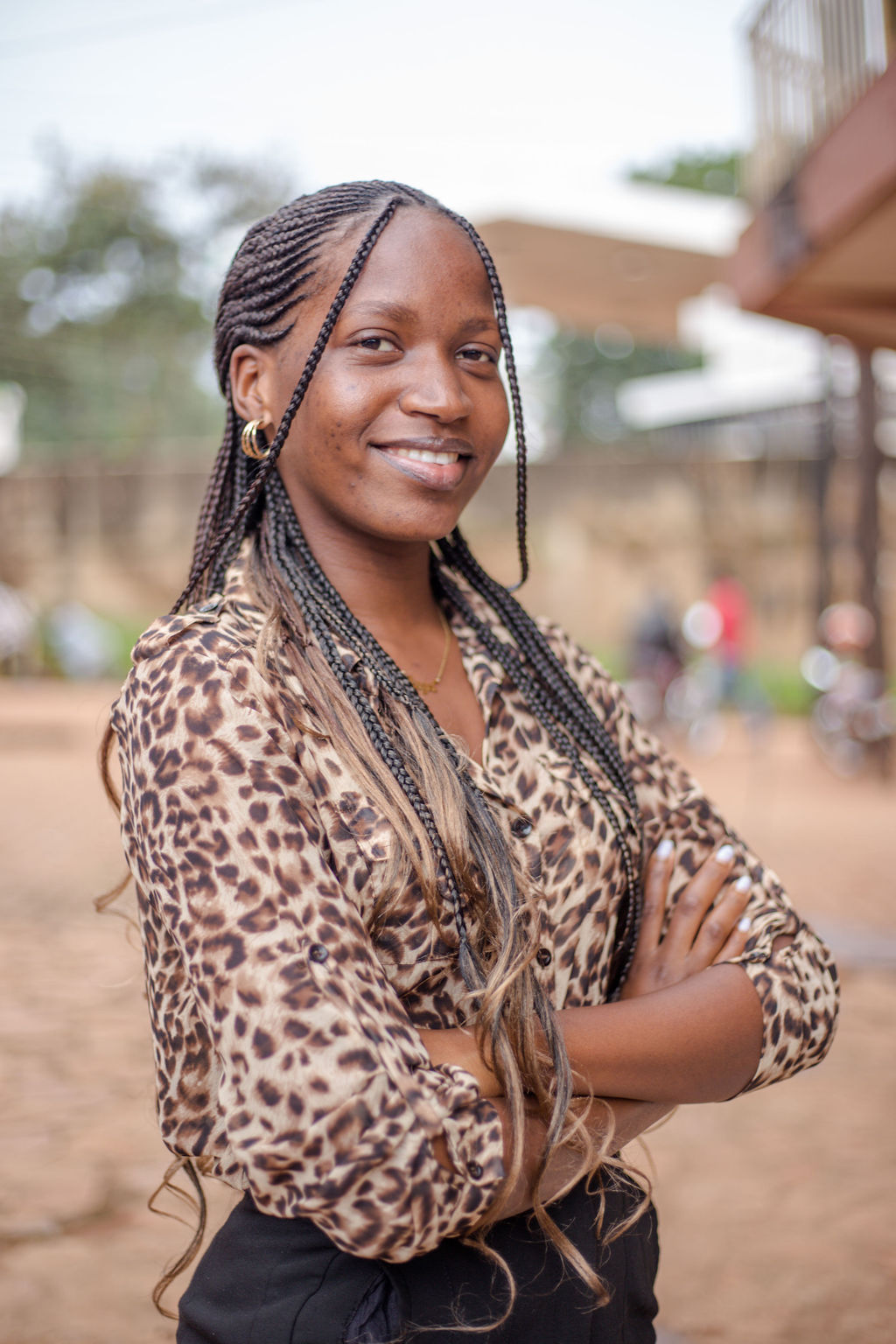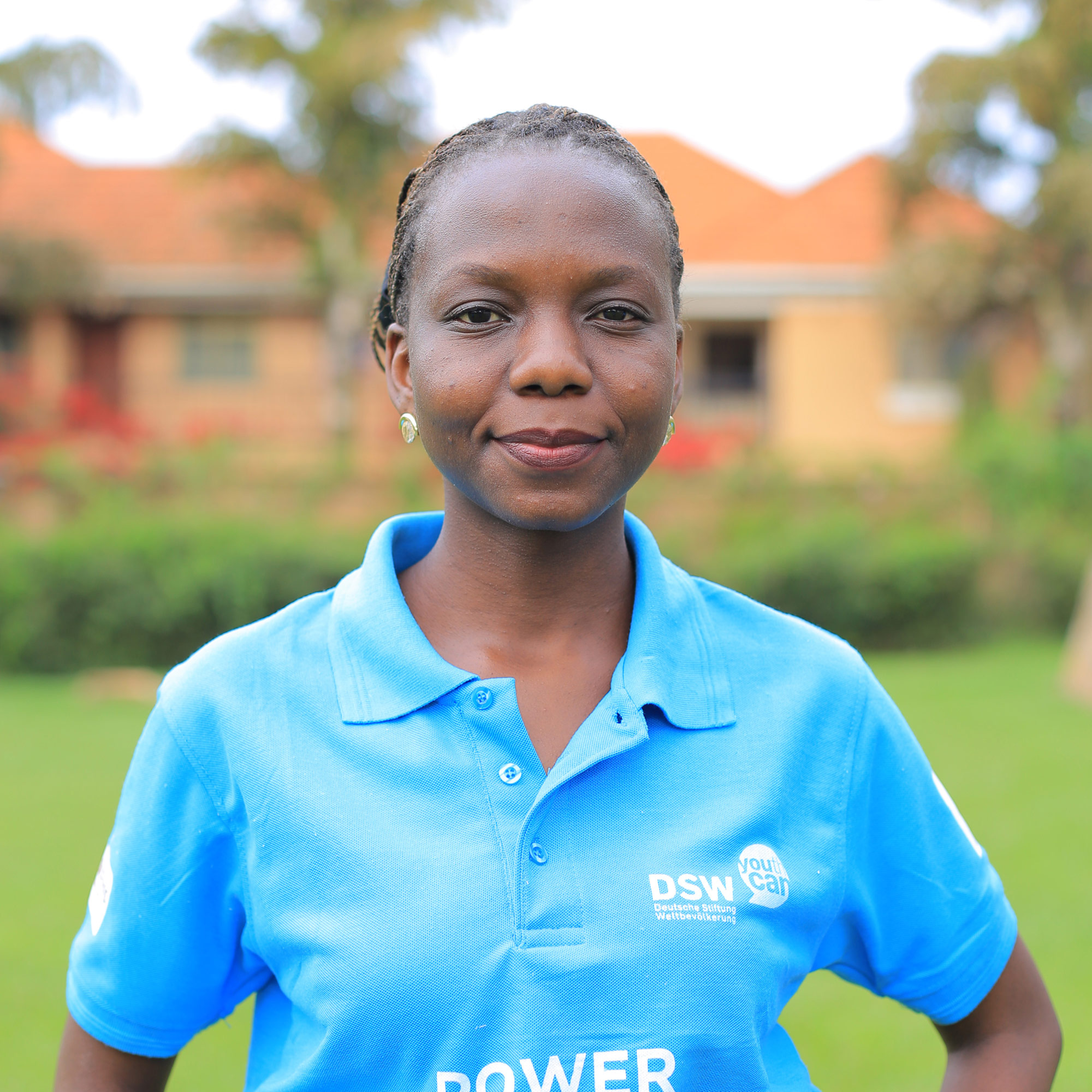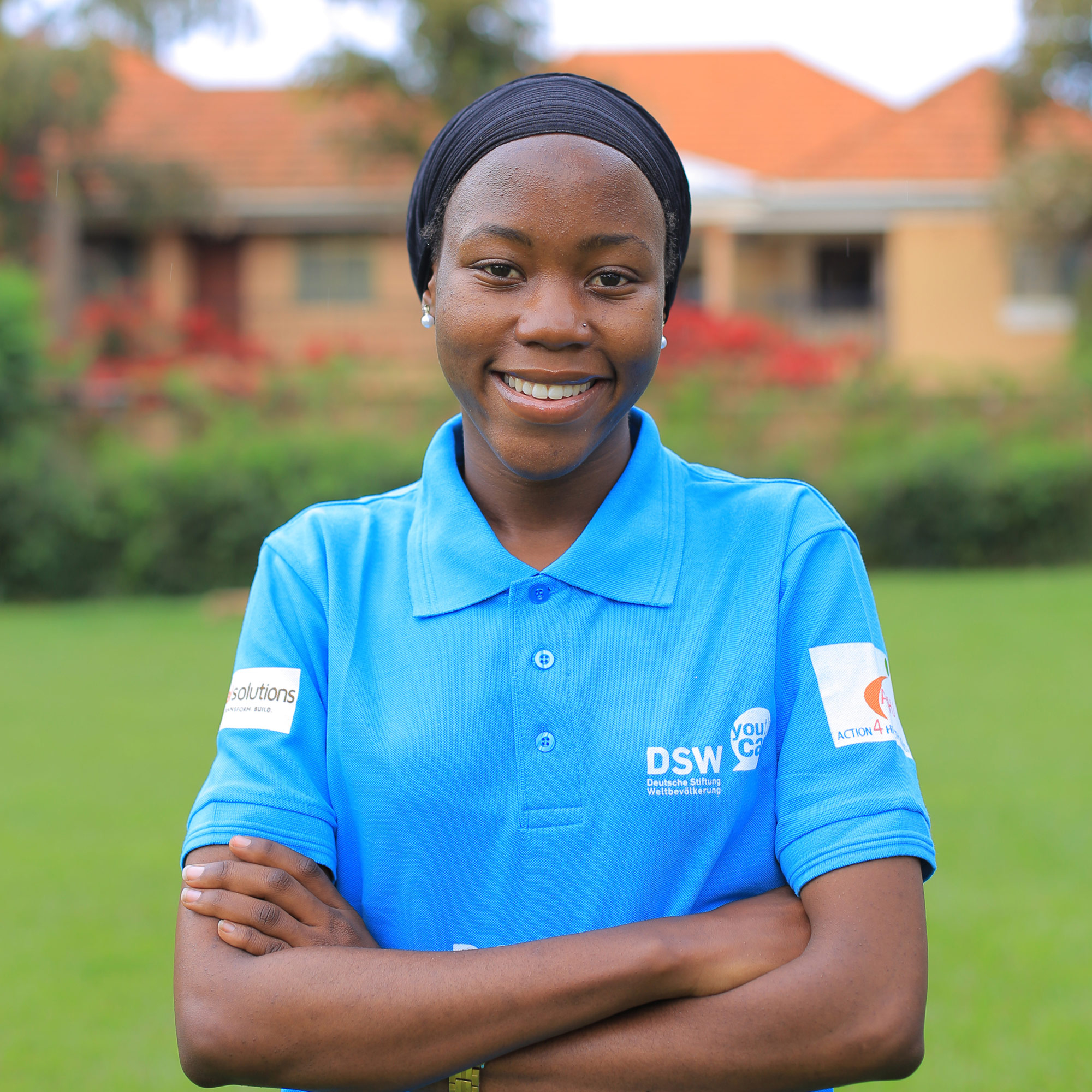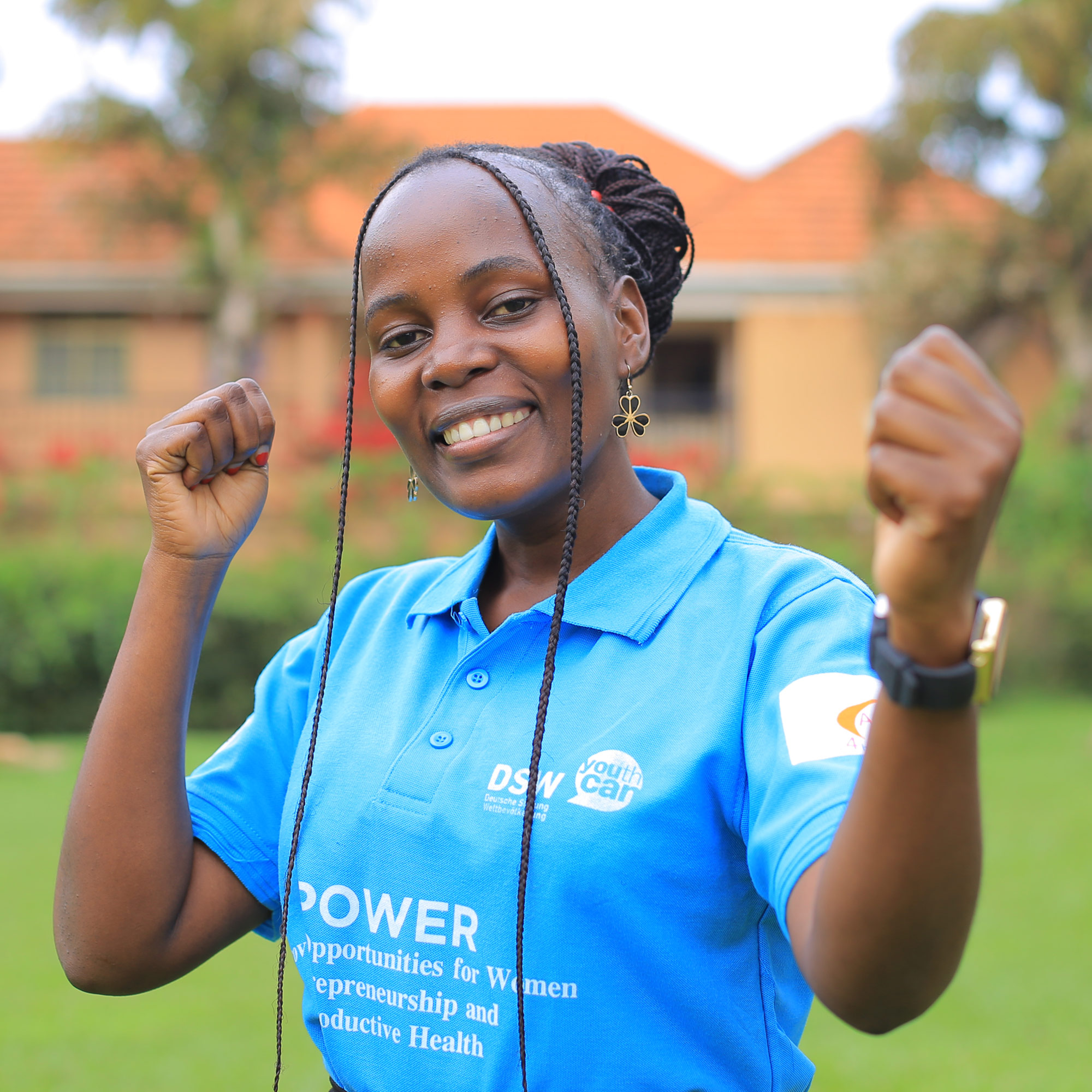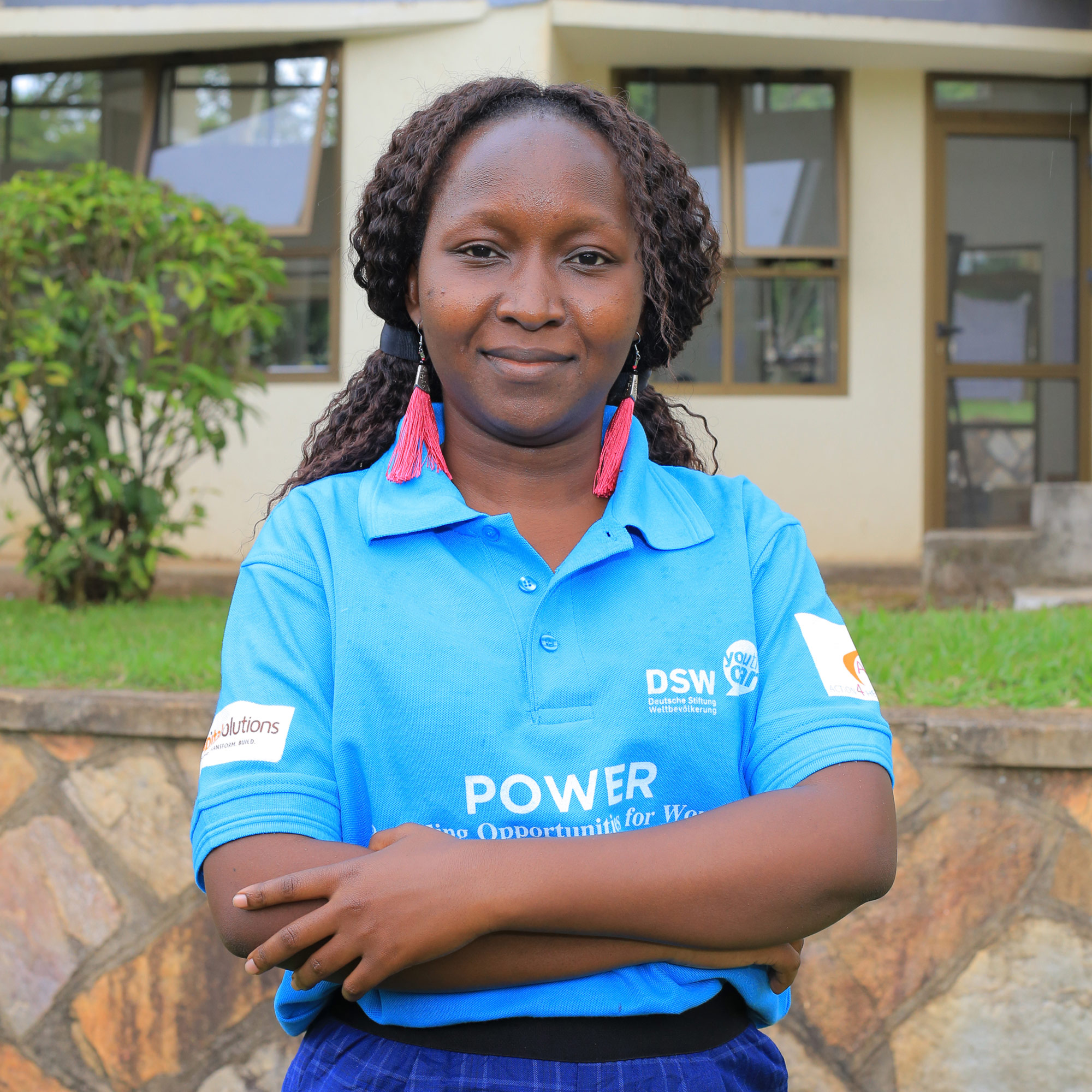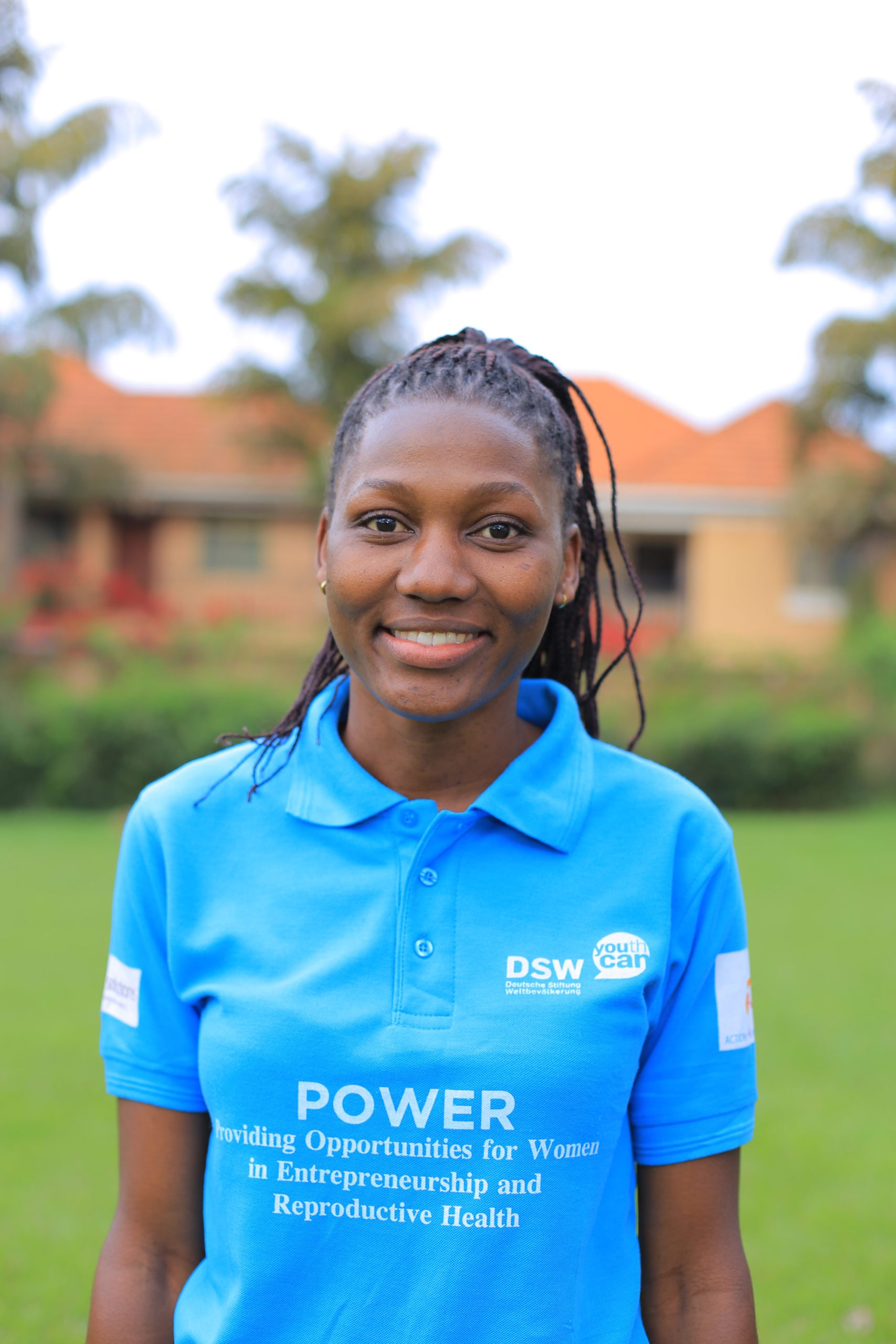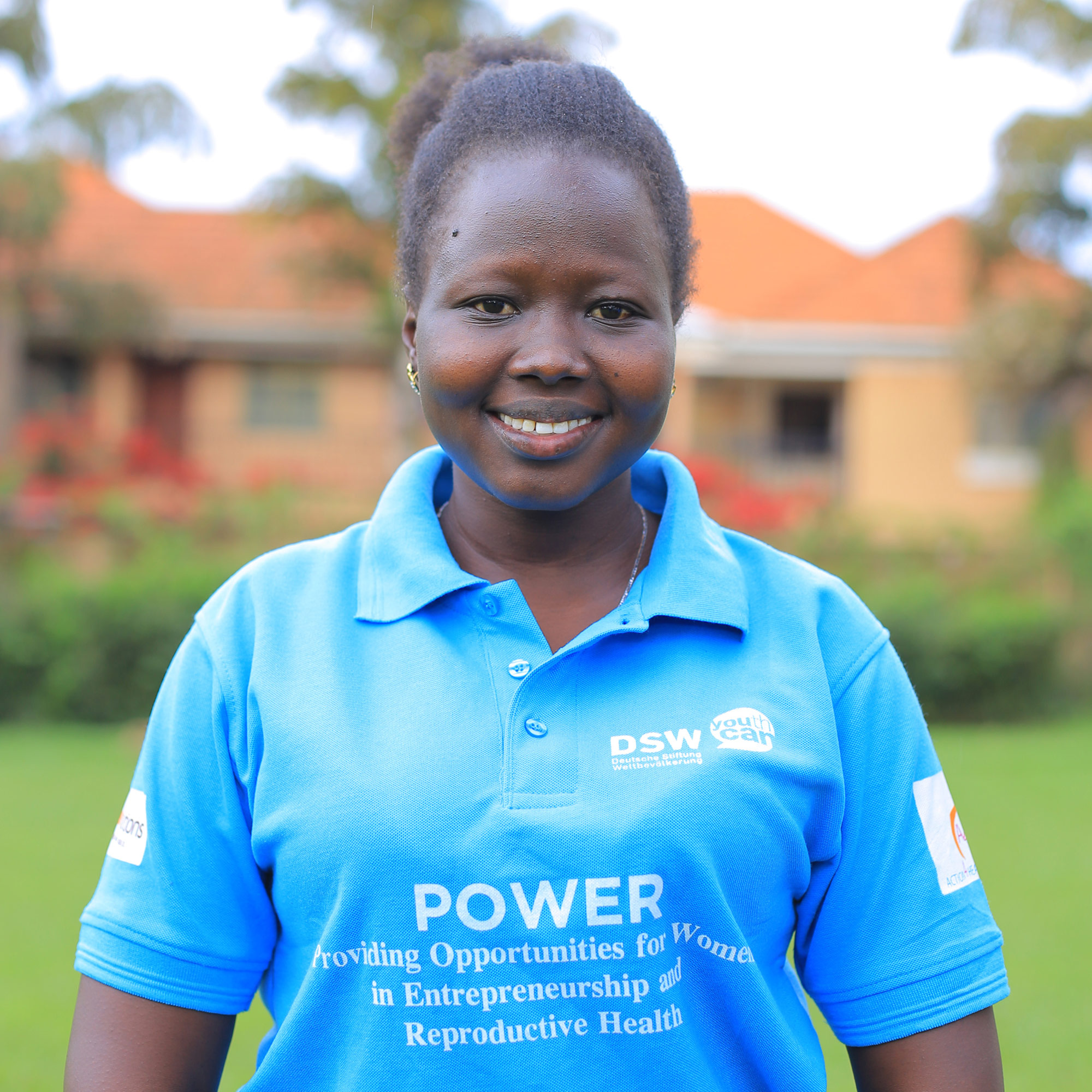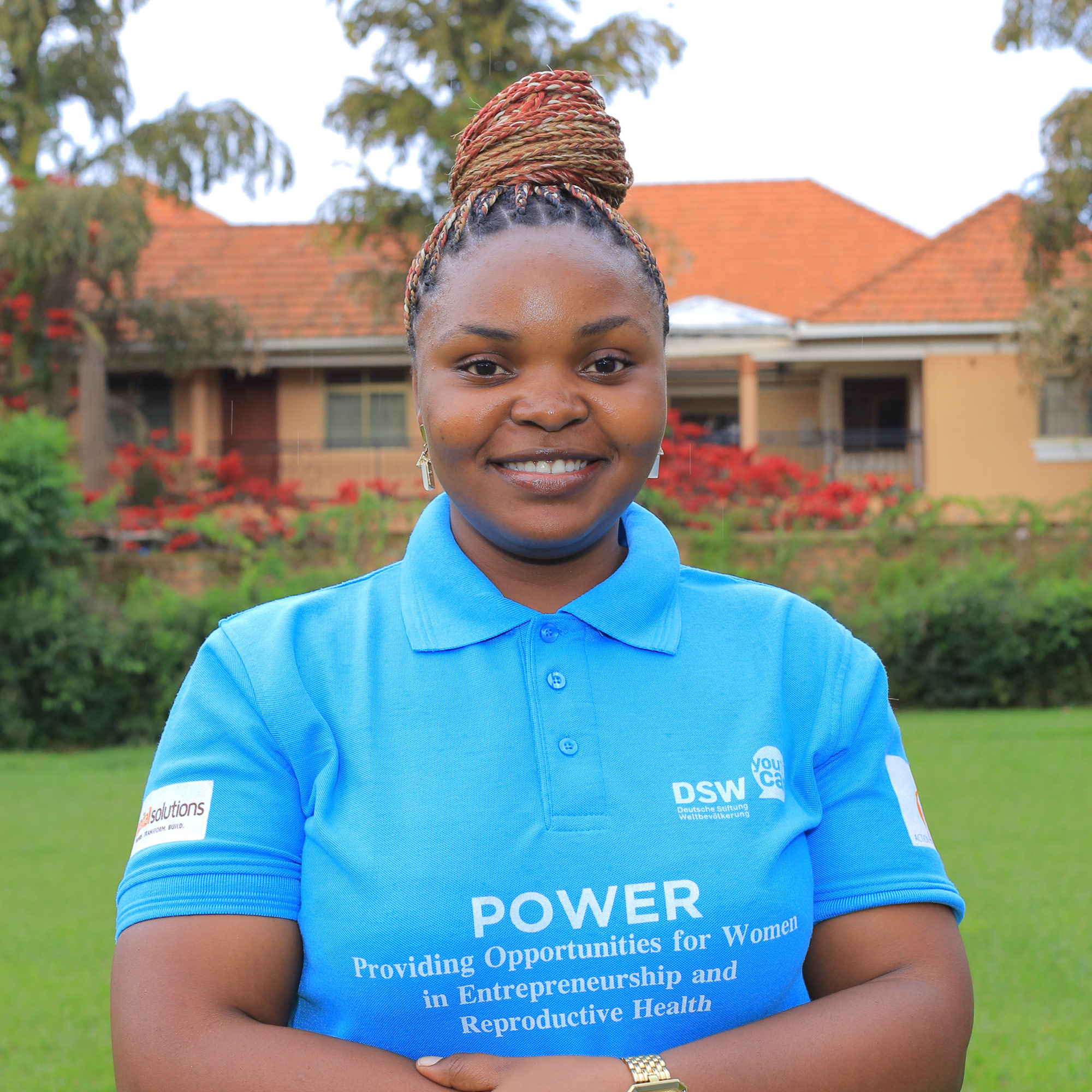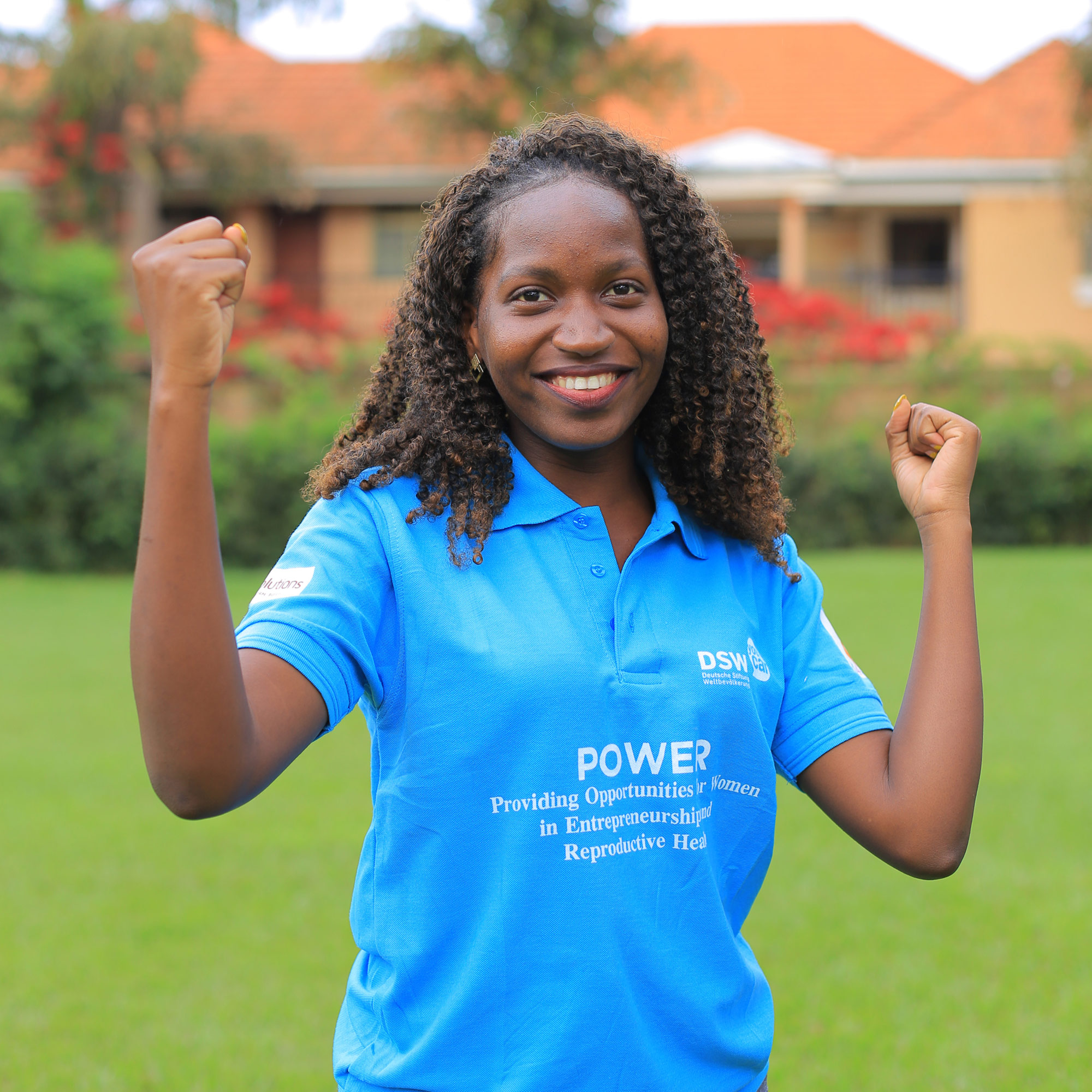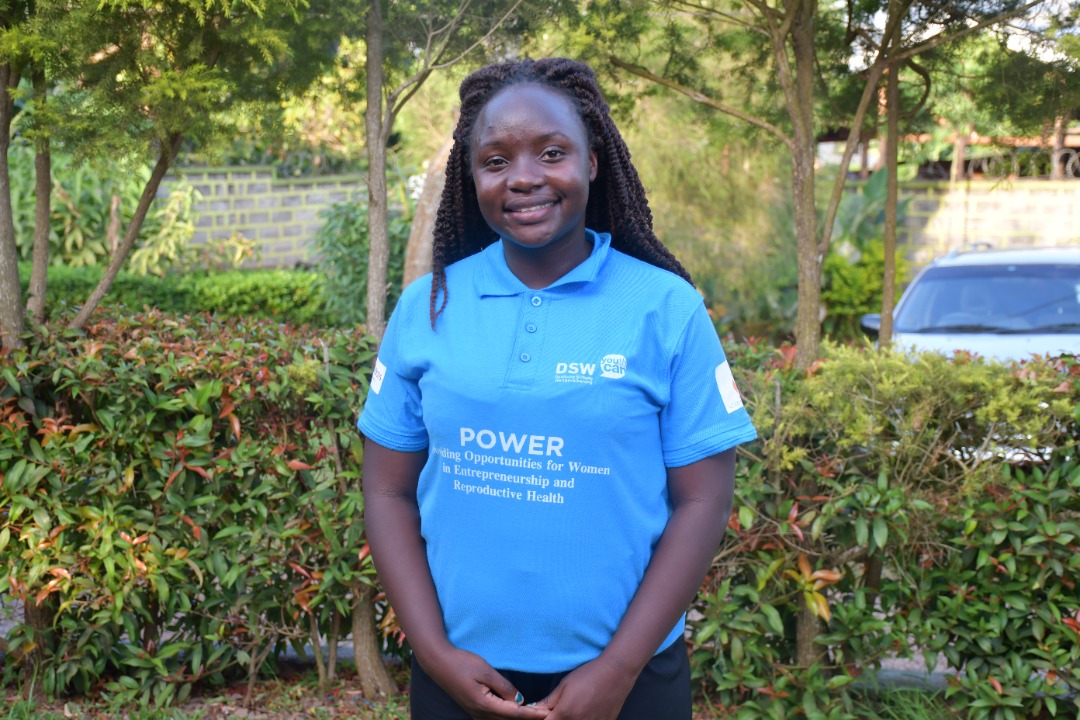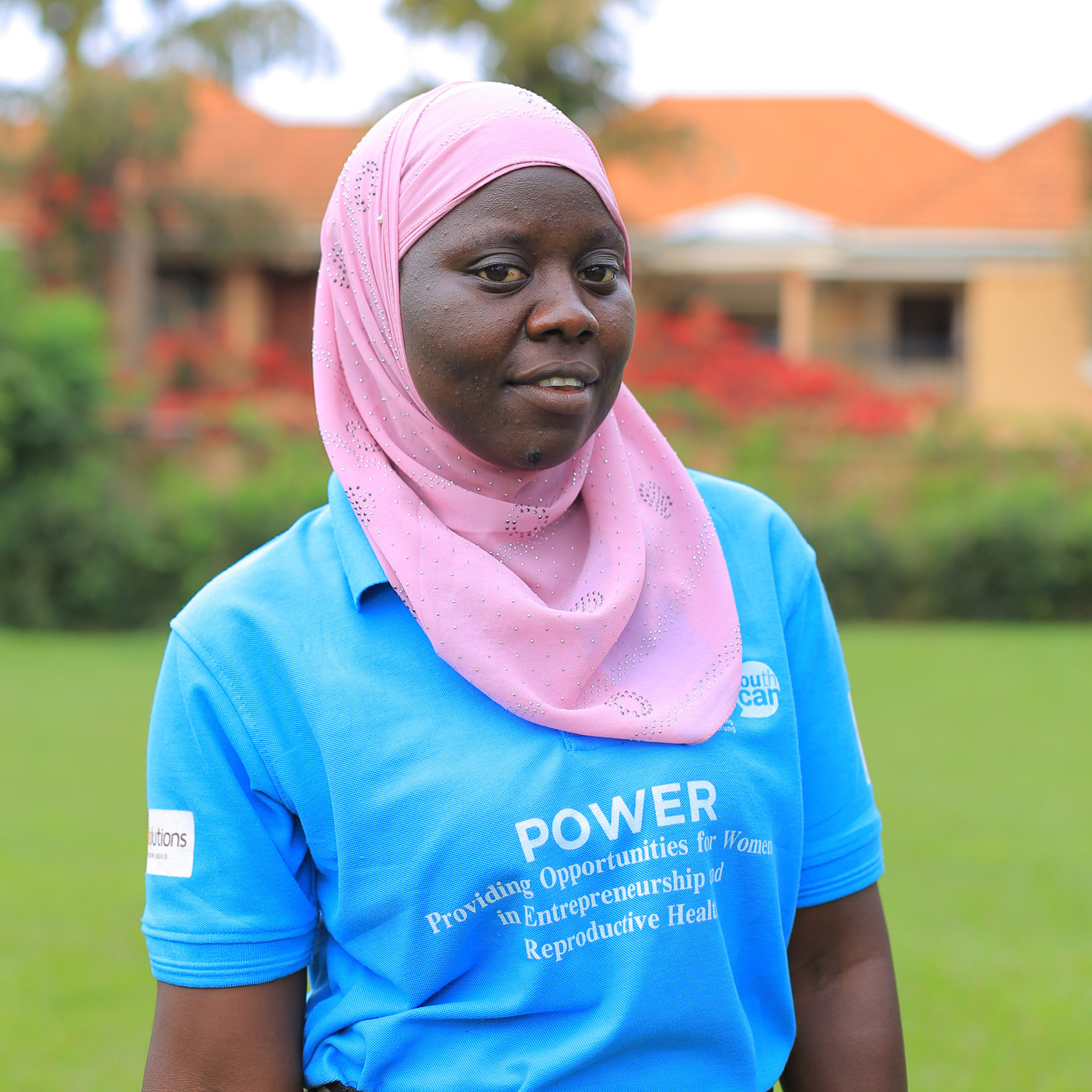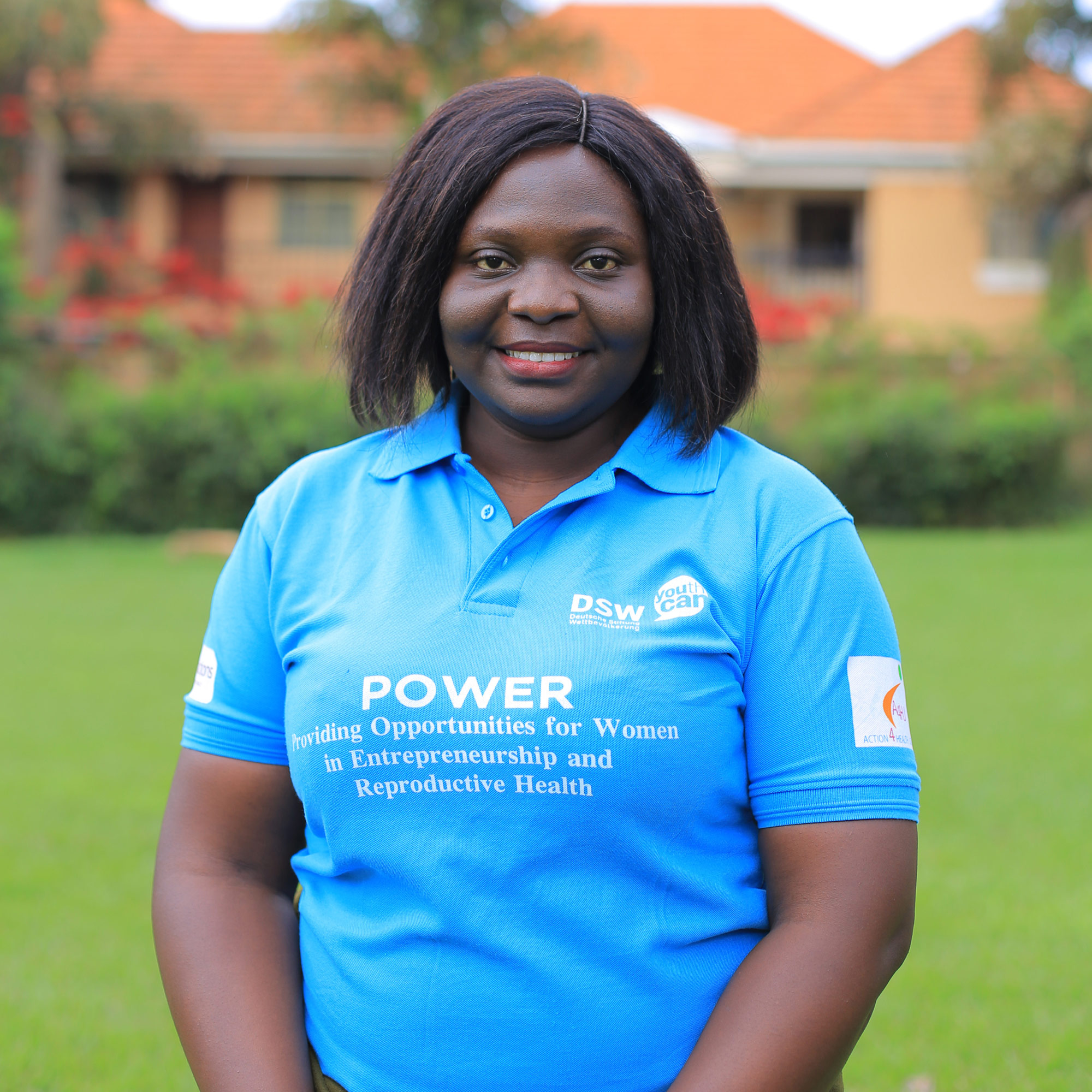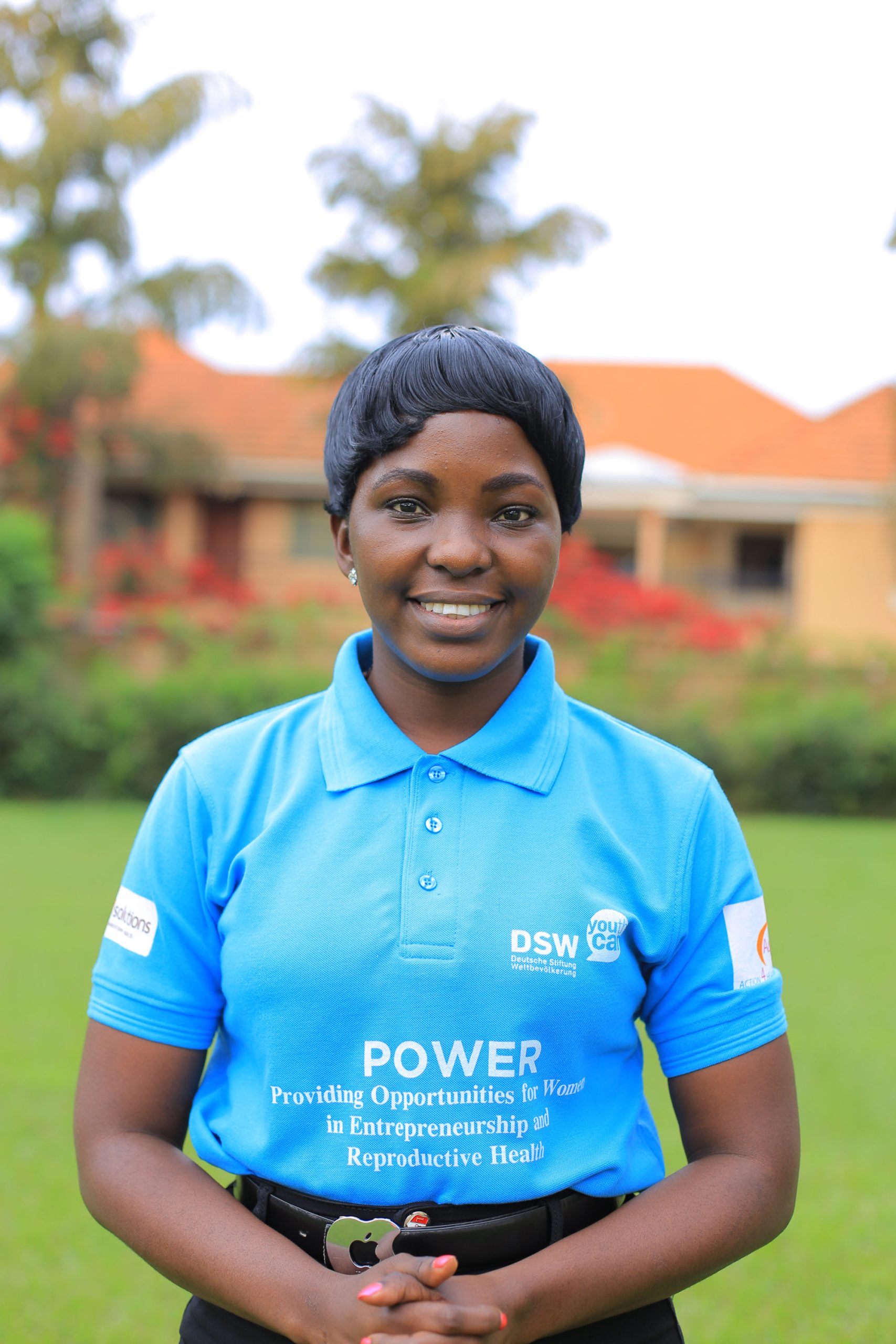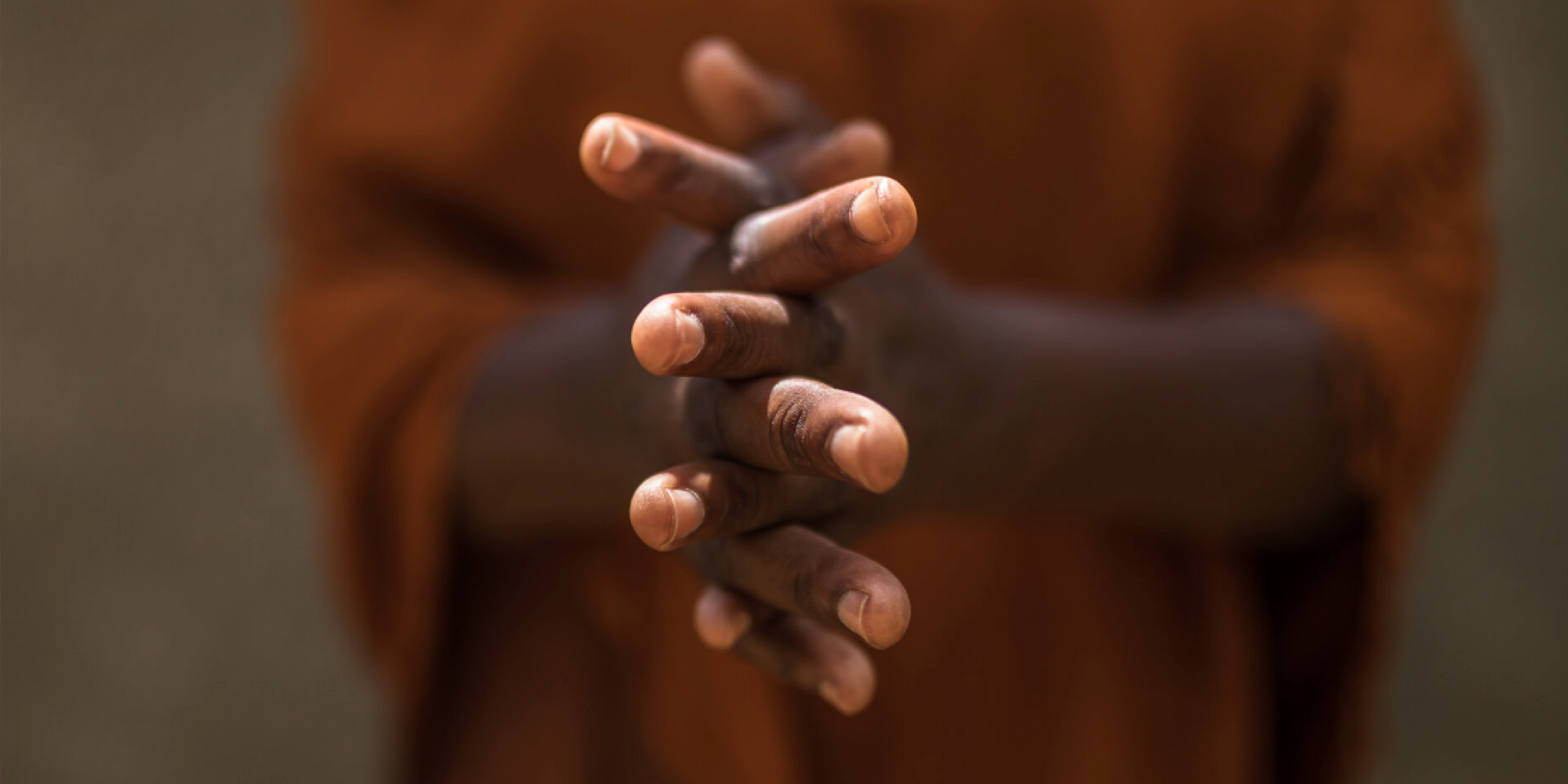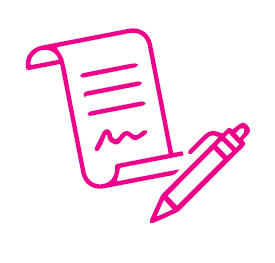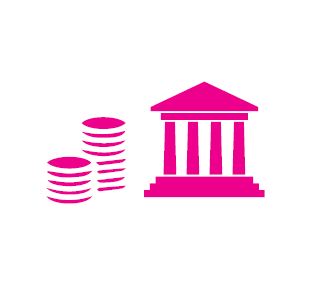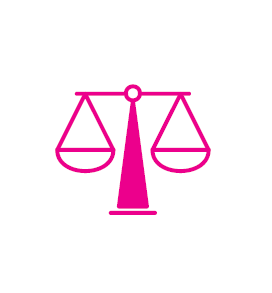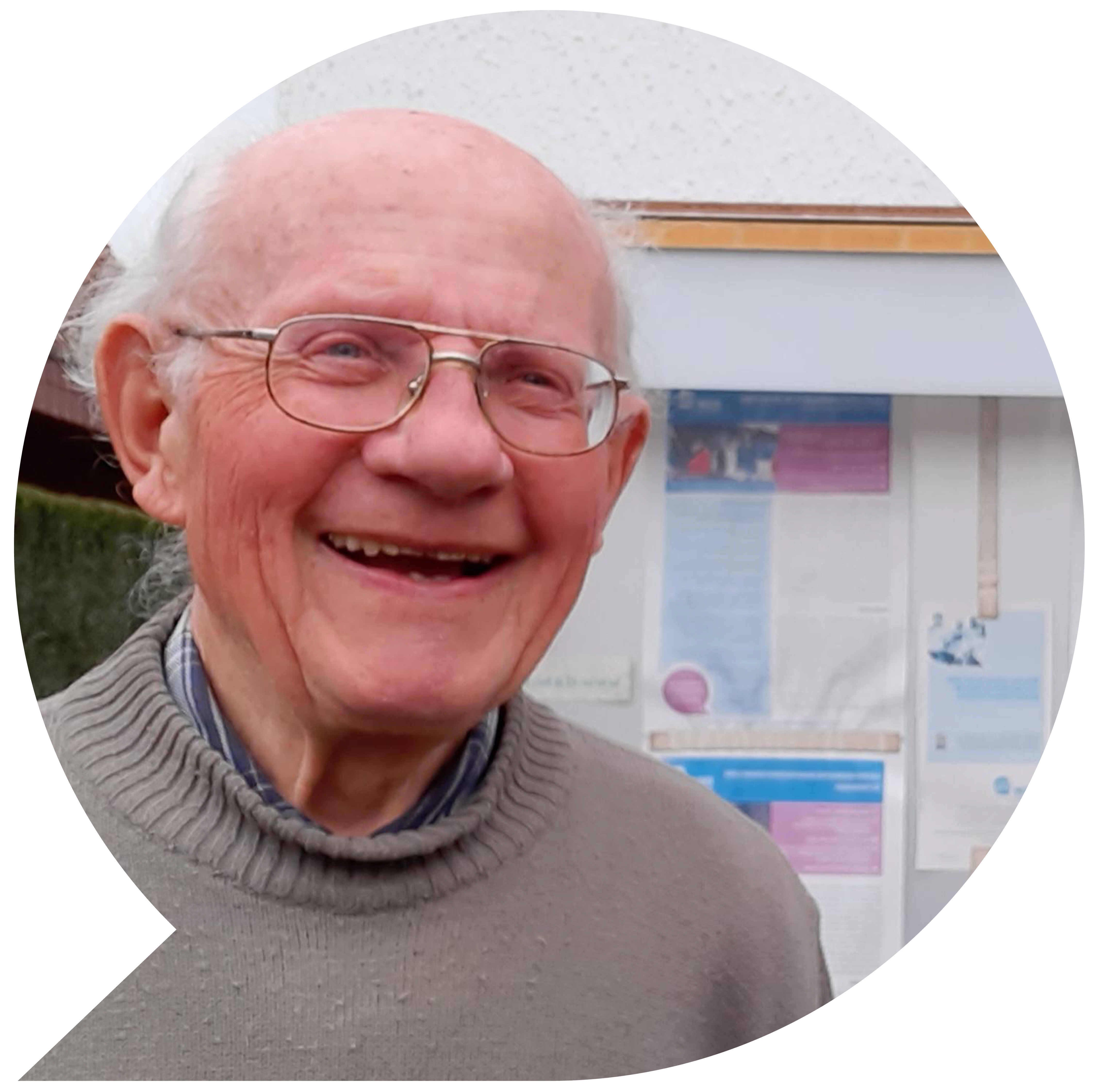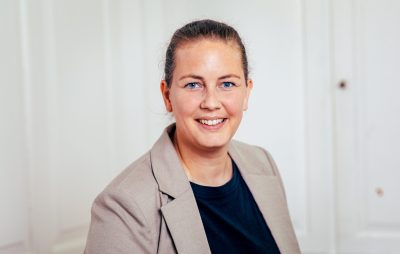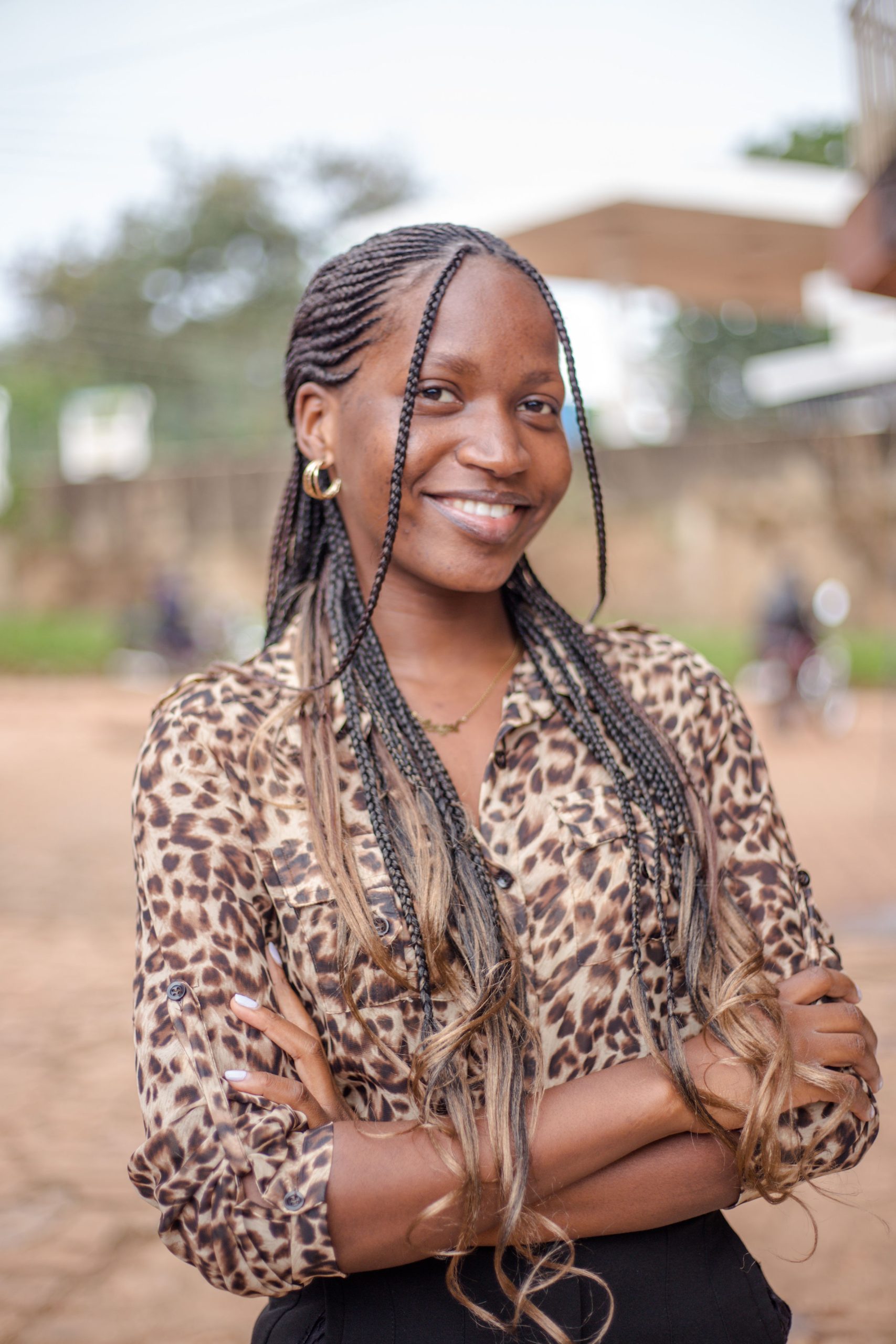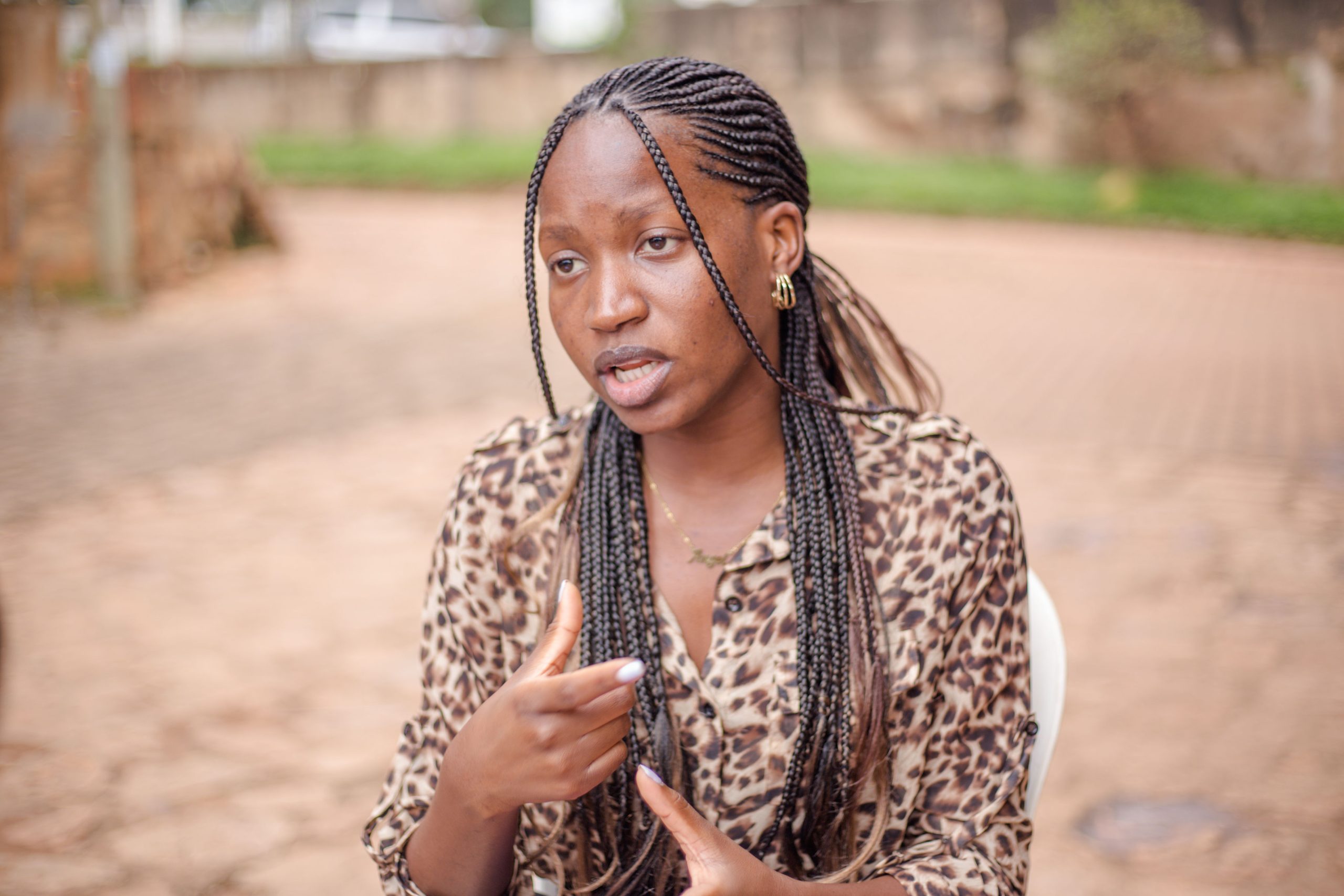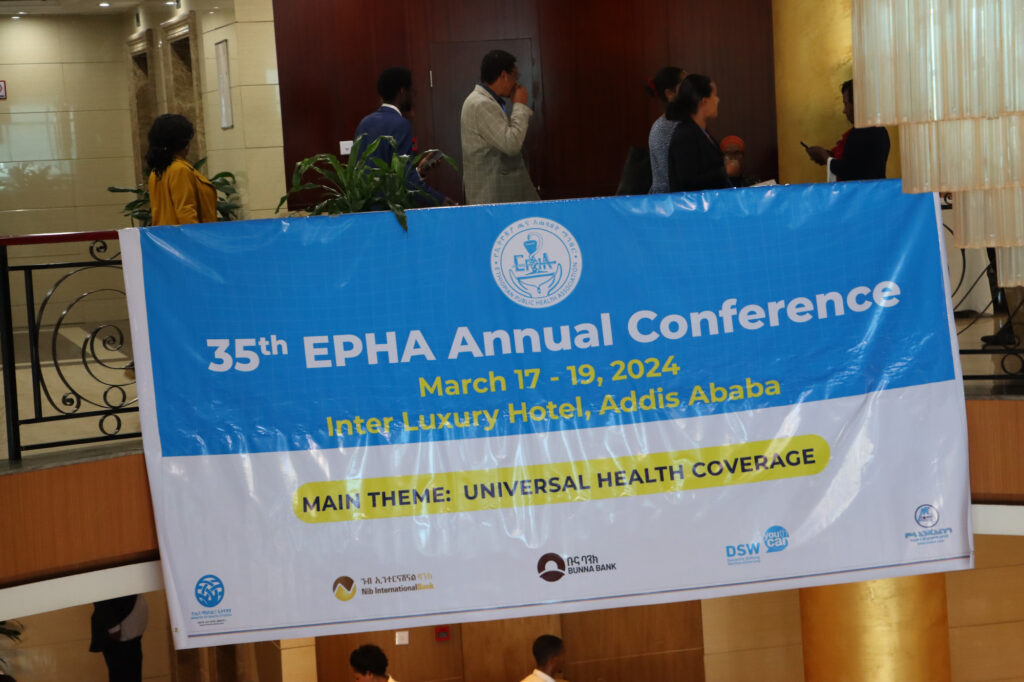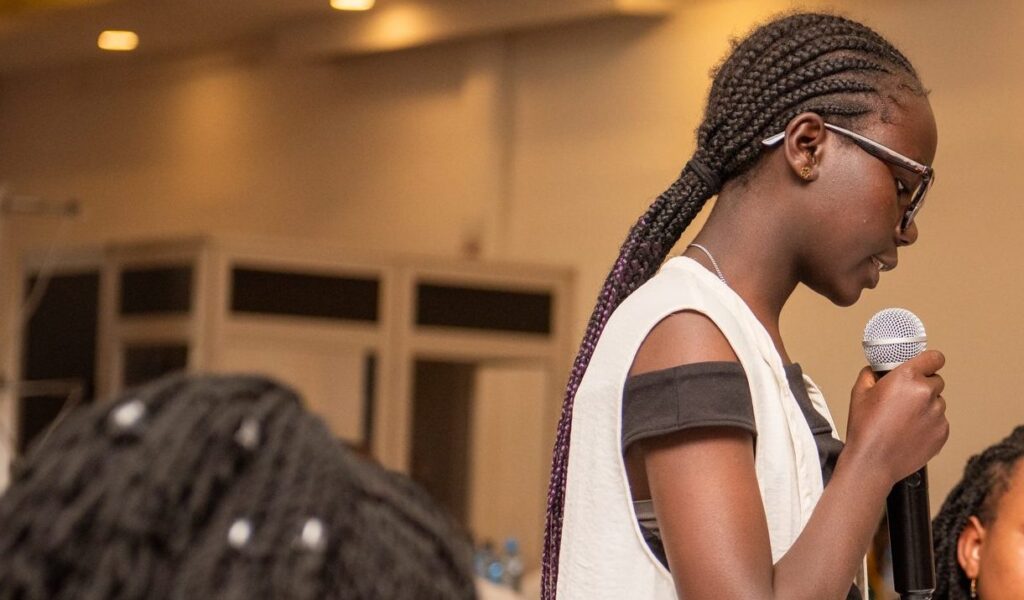As I departed Uganda recently after participating in the POWER Demo Day, a mix of emotions overwhelmed me. The joy and appreciation for the remarkable success achieved by the POWER accelerator filled my heart, yet a hint of sadness lingered knowing that this phase of the initiative had concluded. The Demo Day marked a significant milestone, the culmination of nine months of dedication and hard work from the teams at DSW and Action for Health Uganda (A4HU), with support from Capital Solutions Limited.
In this article, I will take you through the captivating story of the project’s inception, its incredible impact, and the transformative journey it has been.
Setting the Stage for Empowerment
The POWER (Providing Opportunities for Women in Entrepreneurship and Reproductive Health) pilot emerged as a start-up accelerator initiative, developed in partnership between DSW and Action for Health Uganda (A4HU). The project’s vision was to provide training, capacity development, and mentoring to twelve women-led entrepreneurs in Uganda, aged 18 to 30, focusing on family planning and sexual reproductive health and rights (FP/SRHR).
The pilot’s comprehensive approach utilized DSW’s training center in Uganda, combining in-person and virtual training sessions, as well as mentorship and course direction provided by a local agency, Capital Solutions Limited. The initiative aimed to equip the participants with the necessary skills and knowledge to develop sustainable businesses in the FP/SRHR sector. Additionally, an alumni network was established to ensure ongoing support and guidance for the graduates’ future endeavors, and of course, we would also have a Demo Day to celebrate the success of the candidates.
Unveiling the Journey of Empowerment
The POWER pilot project embarked on a transformative journey that empowered and uplifted the participating entrepreneurs. From the initial stages to the heart of the project, the entrepreneurs experienced remarkable growth and development.
During the project, the young women entrepreneurs underwent a tailor-made training experience that equipped them with valuable skills and knowledge. They engaged in practical learning through field visits to business establishments, fostering hands-on experience and real-world insights. Additionally, the entrepreneurs benefited from continuous mentorship, receiving guidance from industry experts and mentors in the private sector.
Over the course of several months, the participants dedicated themselves to developing comprehensive business plans and pitch decks. This process honed their skills and enhanced their readiness for investment and operational efficiency. They embraced the opportunity to refine their ideas, strategies, and execution plans, ensuring their businesses were primed for success.
Throughout their journey, the entrepreneurs demonstrated unwavering determination, passion, and commitment. They embraced the challenges and opportunities presented to them, pushing their boundaries and surpassing expectations. Their growth mindset and willingness to learn enabled them to make significant strides towards achieving their entrepreneurial goals.
Celebrating Milestones and Achievements
POWER witnessed several remarkable highlights, each contributing to the empowerment and success of the women-led entrepreneurs. The onboarding process successfully welcomed twelve young women entrepreneurs into the program, with an impressive 92% completion rate, indicating the commitment and determination of the participants. Though one entrepreneur faced personal circumstances that prevented her from continuing, the impact of the training and mentorship she received remained invaluable.
The development of a comprehensive curriculum for the accelerator program ensured that the training experience was tailored to the unique needs of the entrepreneurs. The positive feedback and evaluations received throughout the program reaffirmed the value and effectiveness of the training, further inspiring the participants to pursue their goals.
Illuminating the Path to Success
To amplify the visibility of the entrepreneurs and their startups, POWER leveraged online profiling through various media engagements, including radio interviews, podcasts, and television press releases. This strategic approach allowed the entrepreneurs to reach a wider audience and showcase their innovative solutions in the FP/SRHR sector. By engaging with the media, their stories and endeavors received the recognition they deserved, inspiring others and fostering a supportive ecosystem for women-led start-ups.
A significant milestone of the POWER pilot project was the highly anticipated Demo Day held on February 15, 2023. This event served as a platform for the entrepreneurs to pitch their business ideas and plans to a distinguished audience. Influencers, media representatives, government officials, potential investors, and business leaders gathered at the Bonita Training Centre in Lubowa, Kampala, to witness the culmination of the entrepreneurs’ hard work and dedication.
Representatives from crucial ministries, including the Ministry of Gender, Labour and Social Development, Ministry of Trade Industries and Cooperatives, and the Ministry of Health, attended the event, underscoring the significance of the POWER pilot project in addressing societal challenges and promoting women’s empowerment. The multi-sectorial approach emphasized collaboration and created an environment conducive to fostering partnerships and support for the entrepreneurs.
Building for the Future
With the successful completion of the pilot and the proof of concept secured, the journey of empowering women-led start-ups in Uganda does not end here. Discussions are underway to develop an Incubation Hub in Uganda, focusing on nurturing and scaling FP/SRHR start-ups from the idea and prototype stage to full-fledged businesses. The potential for expansion to other East African countries holds promise, unlocking opportunities for more women entrepreneurs to thrive.
The establishment of an Alumni Network, operating through platforms like WhatsApp and dedicated listerves, ensures continuous engagement and knowledge sharing among the entrepreneurs, promoting a collaborative environment for future success.
A Journey of Empowerment
The POWER pilot project stands as a testament to the transformative power of empowering women-led entrepreneurs in Uganda. Through the collaboration between A4HU, DSW, and various stakeholders such as Capital Solutions, twelve remarkable women embarked on a journey of growth, learning, and innovation. Their dedication and passion, complemented by the comprehensive training, mentorship, and exposure provided by the project, have paved the way for sustainable businesses in the FP/SRHR sector.
As we reflect on the achievements of the POWER pilot project, we are inspired by the resilience and determination of these entrepreneurs. The journey continues, and the possibilities are endless. With the commitment of organizations like A4HU and DSW, and the unwavering spirit of women entrepreneurs, Uganda’s landscape is being transformed, one innovative start-up at a time.
Curious to learn more about these remarkable entrepreneurs and their endeavors?
Visit the following page for a summary breakdown of each one: https://www.dsw.org/en/power/
Or reach out to:
Shane O’Halloran, Head of Digital Transformation and Business Development, DSW.
shane.ohalloran (at) dsw.org // +49 (0)30 240006917
Sarah Kintu, Chief Executive Officer, A4HU.
sarah.kintu (at) a4huganda.org // www.a4hu.org
POWER Instagram: @power_uganda
